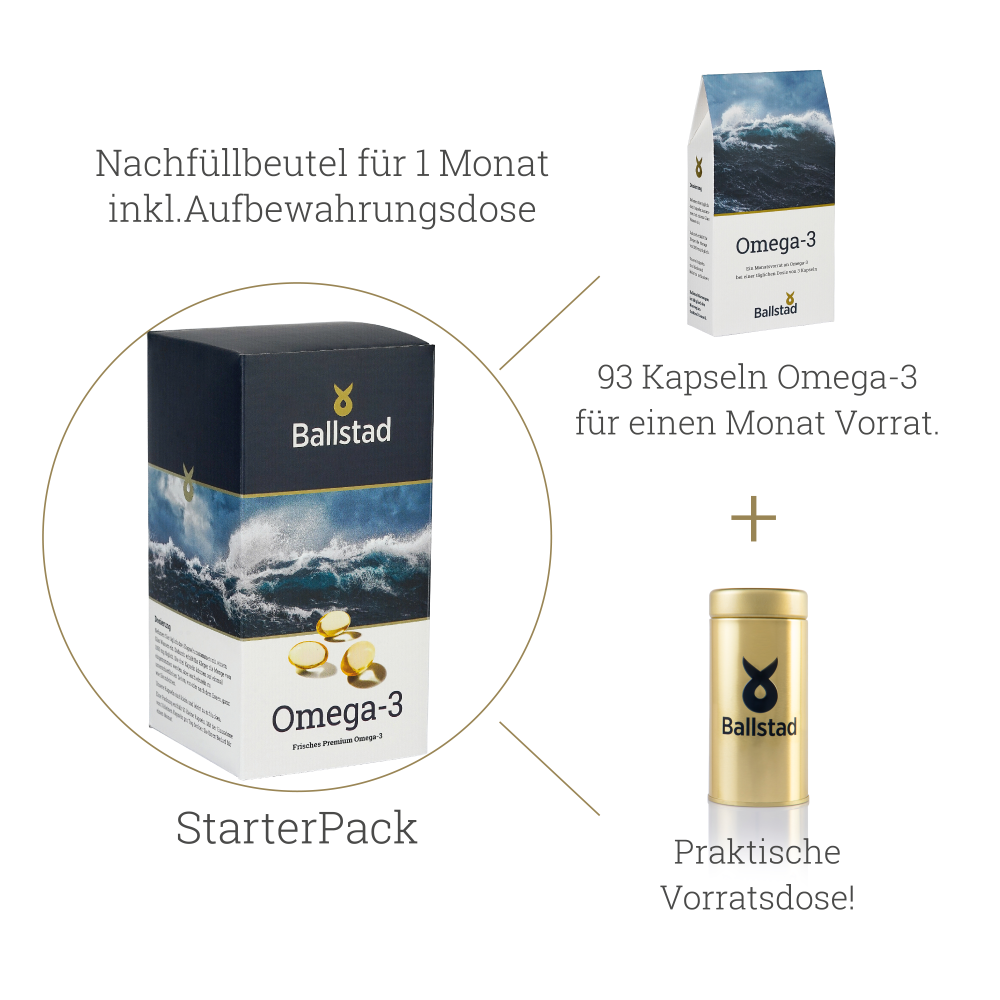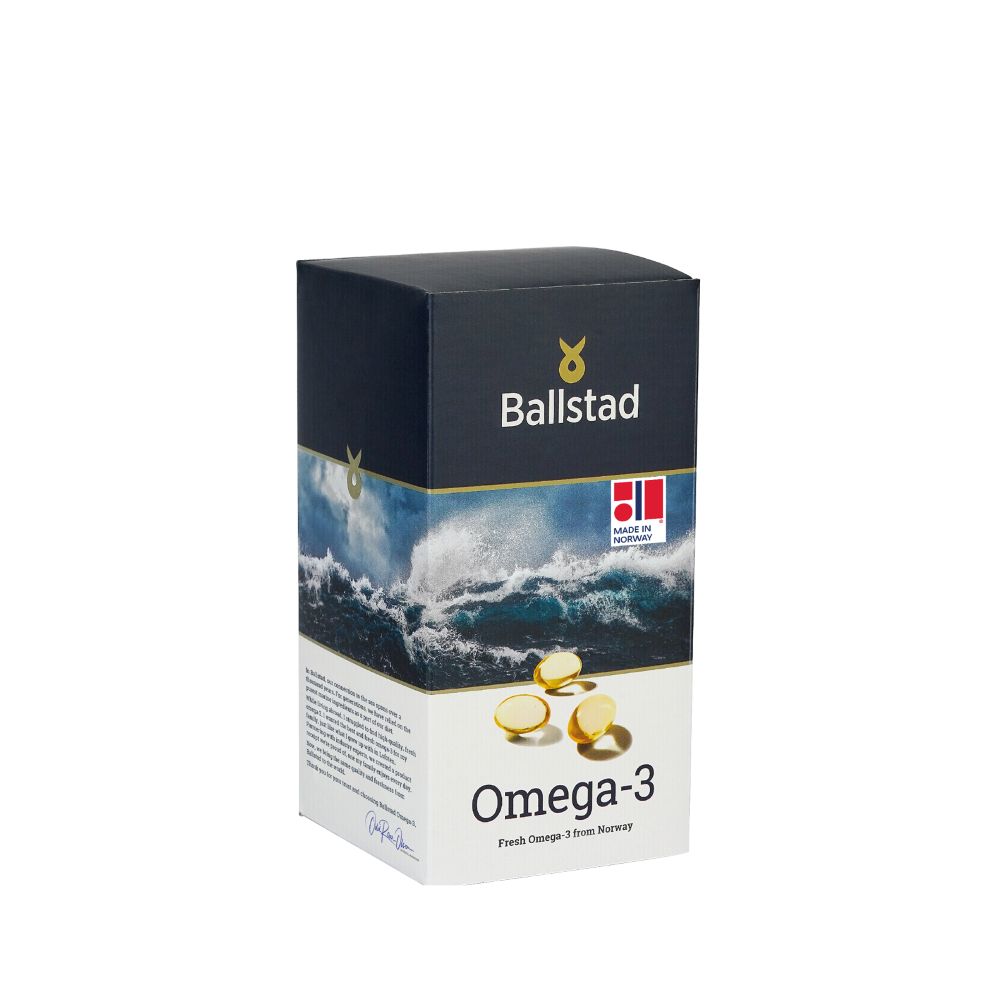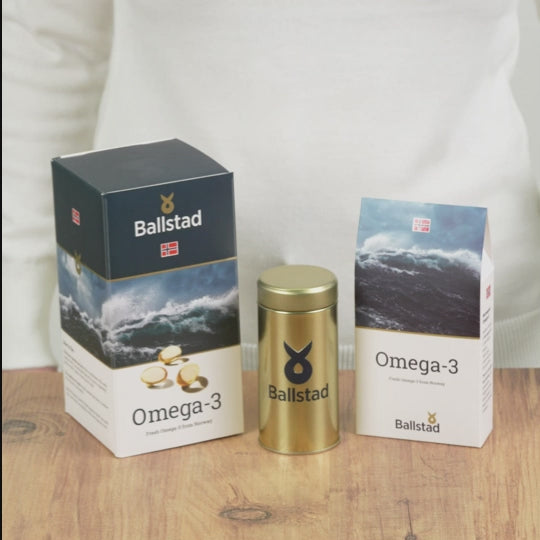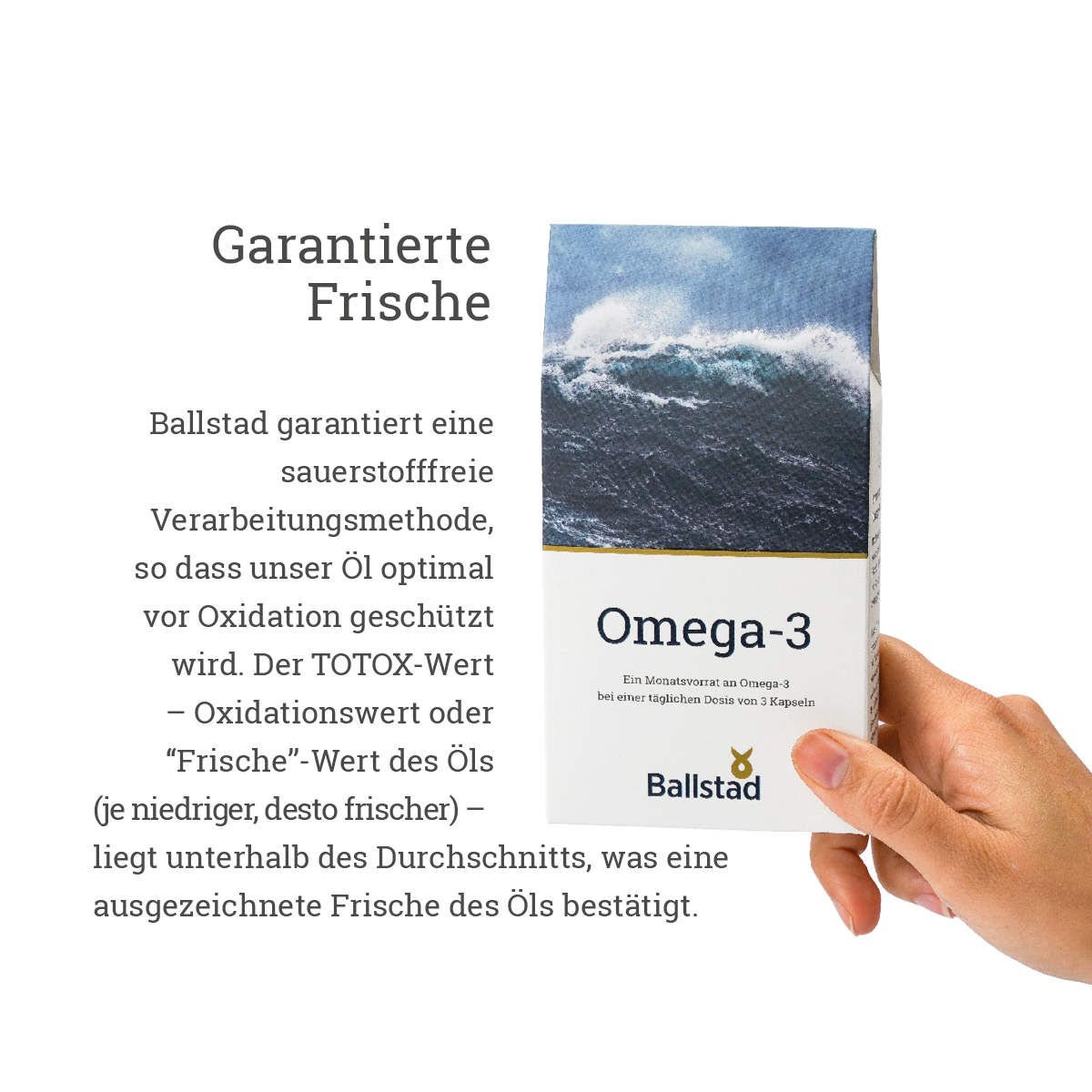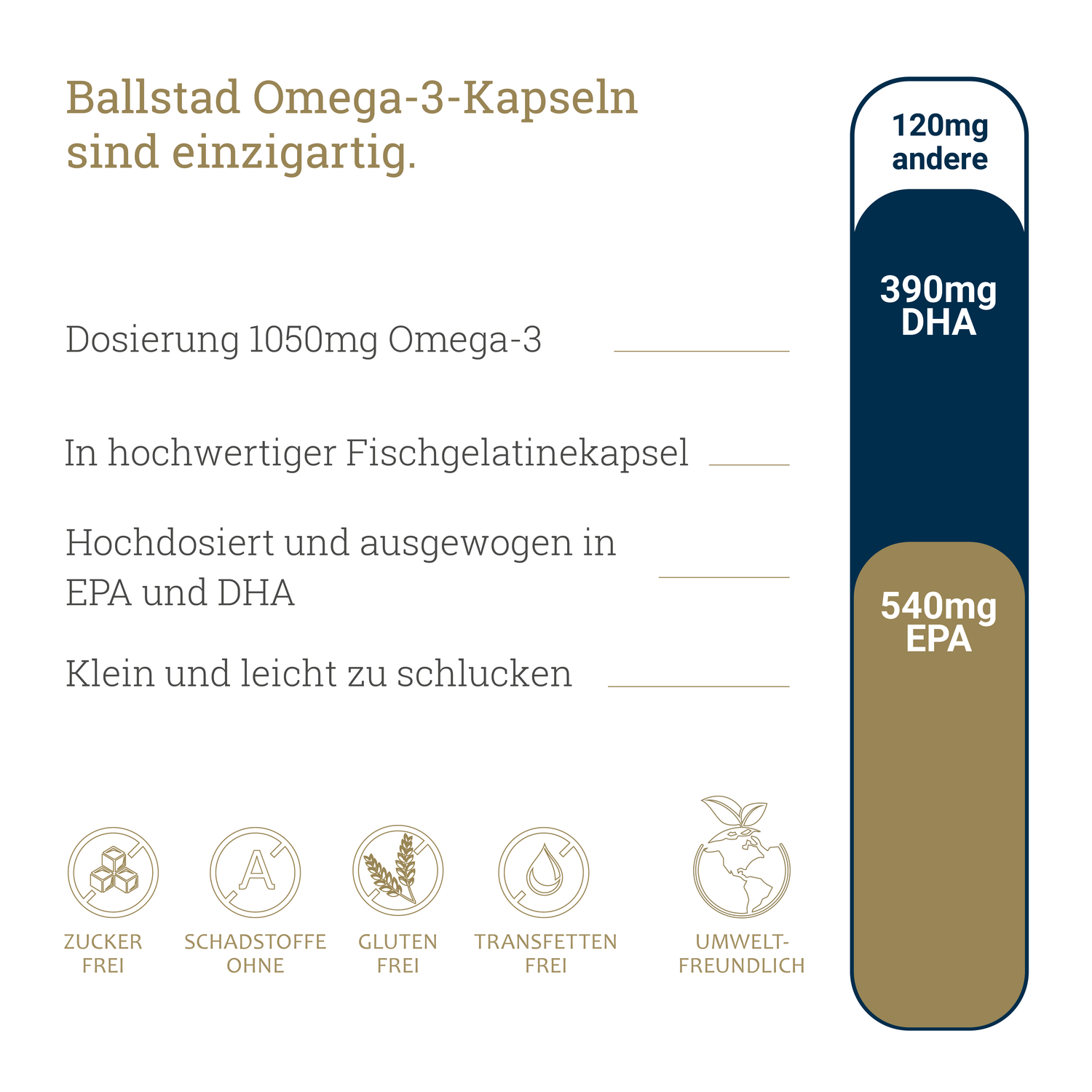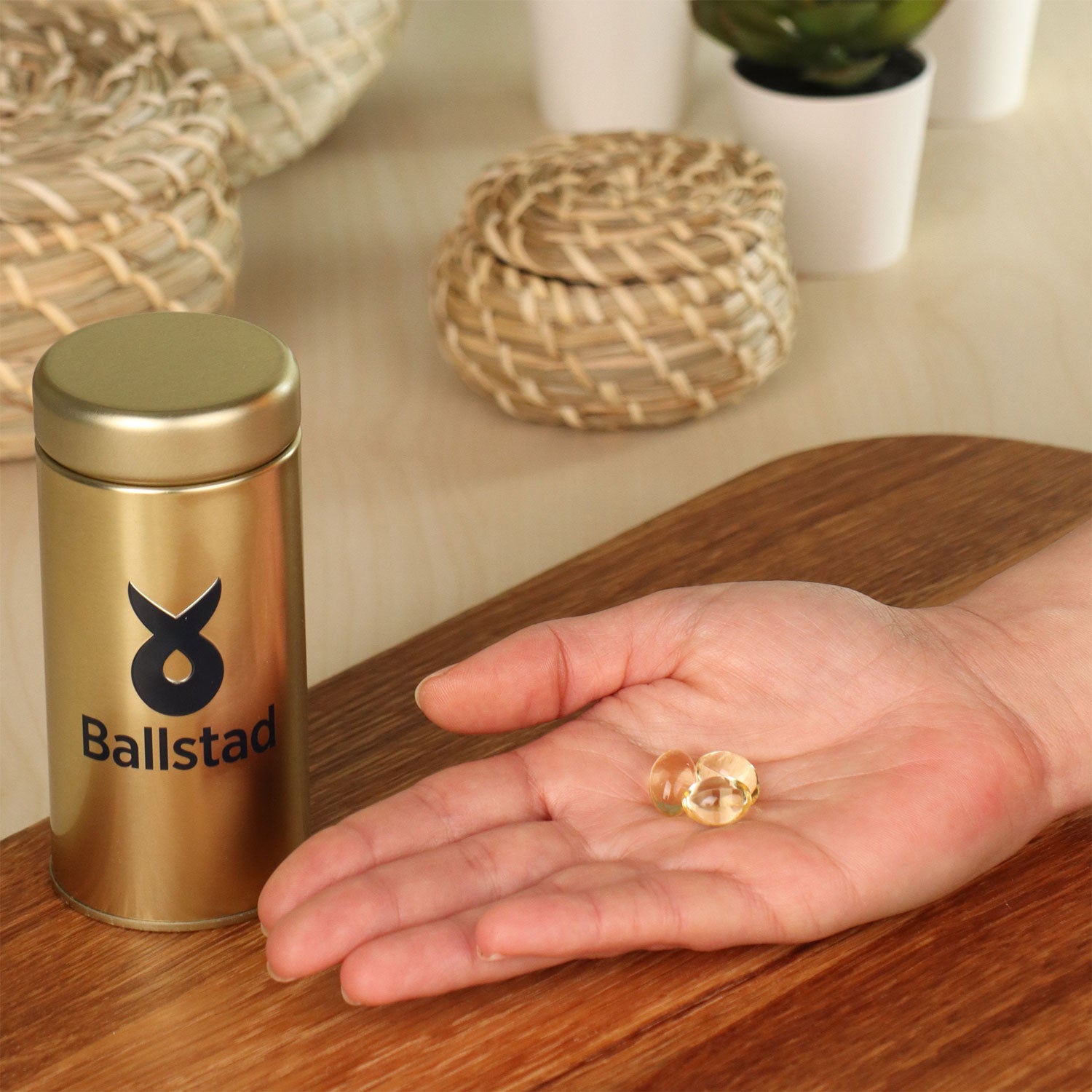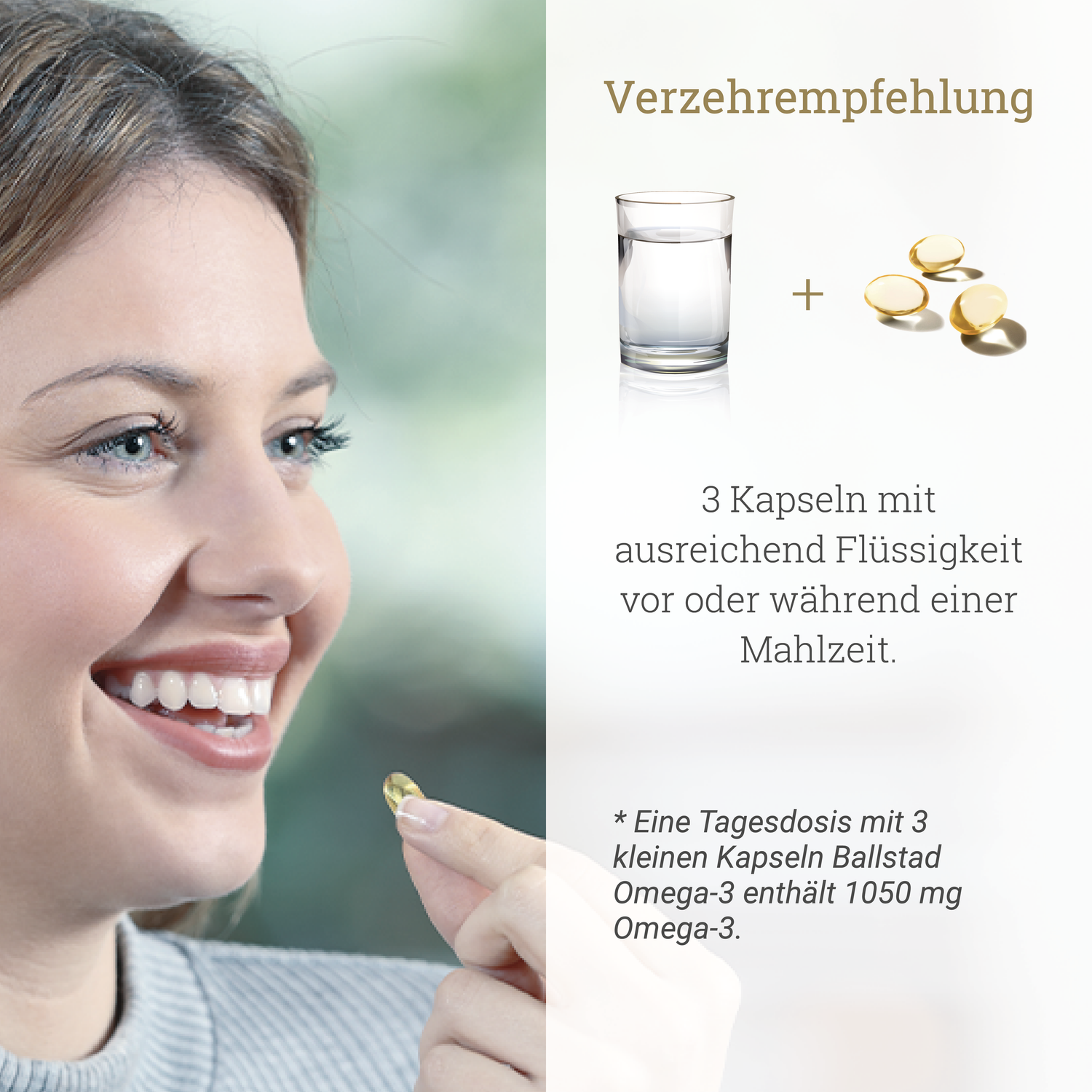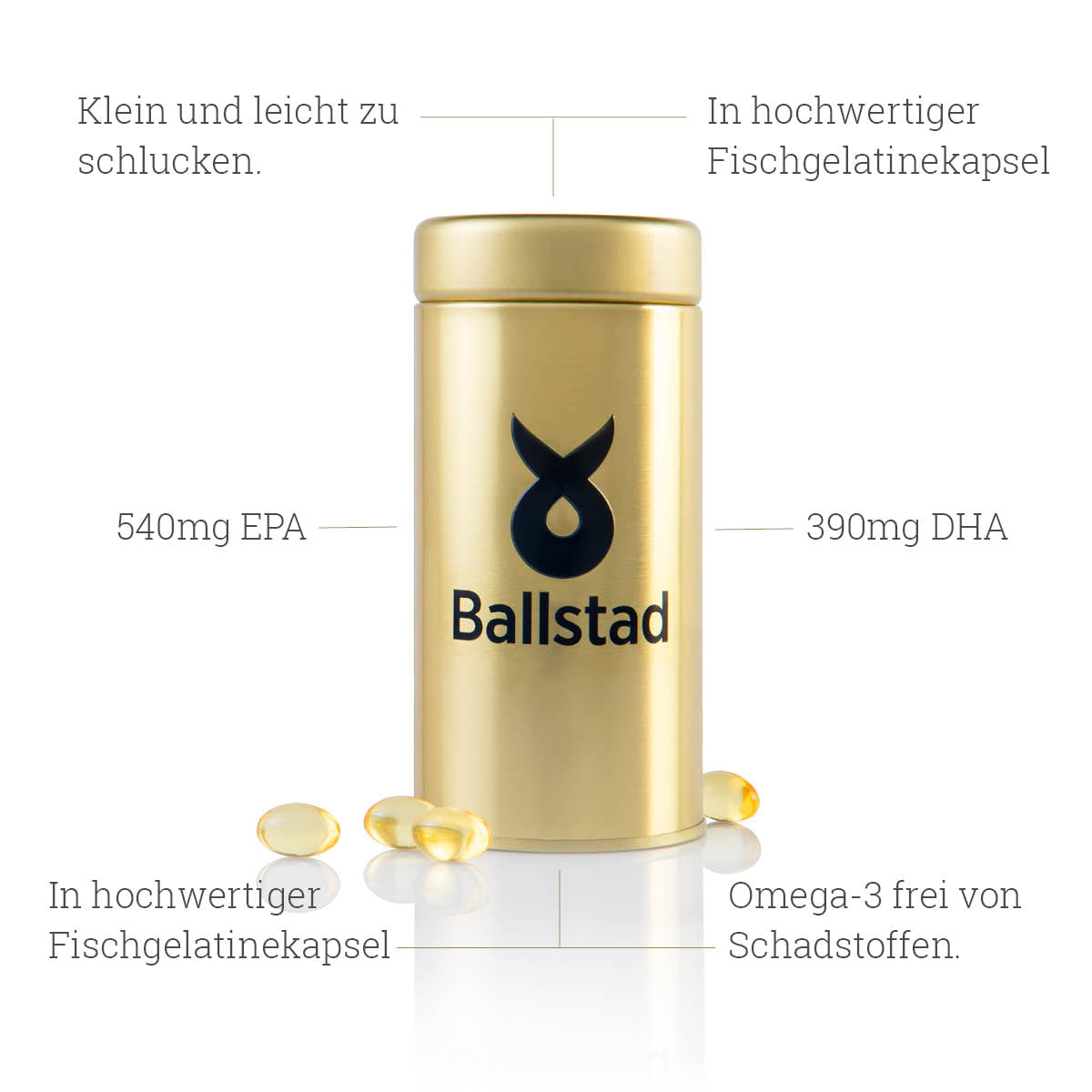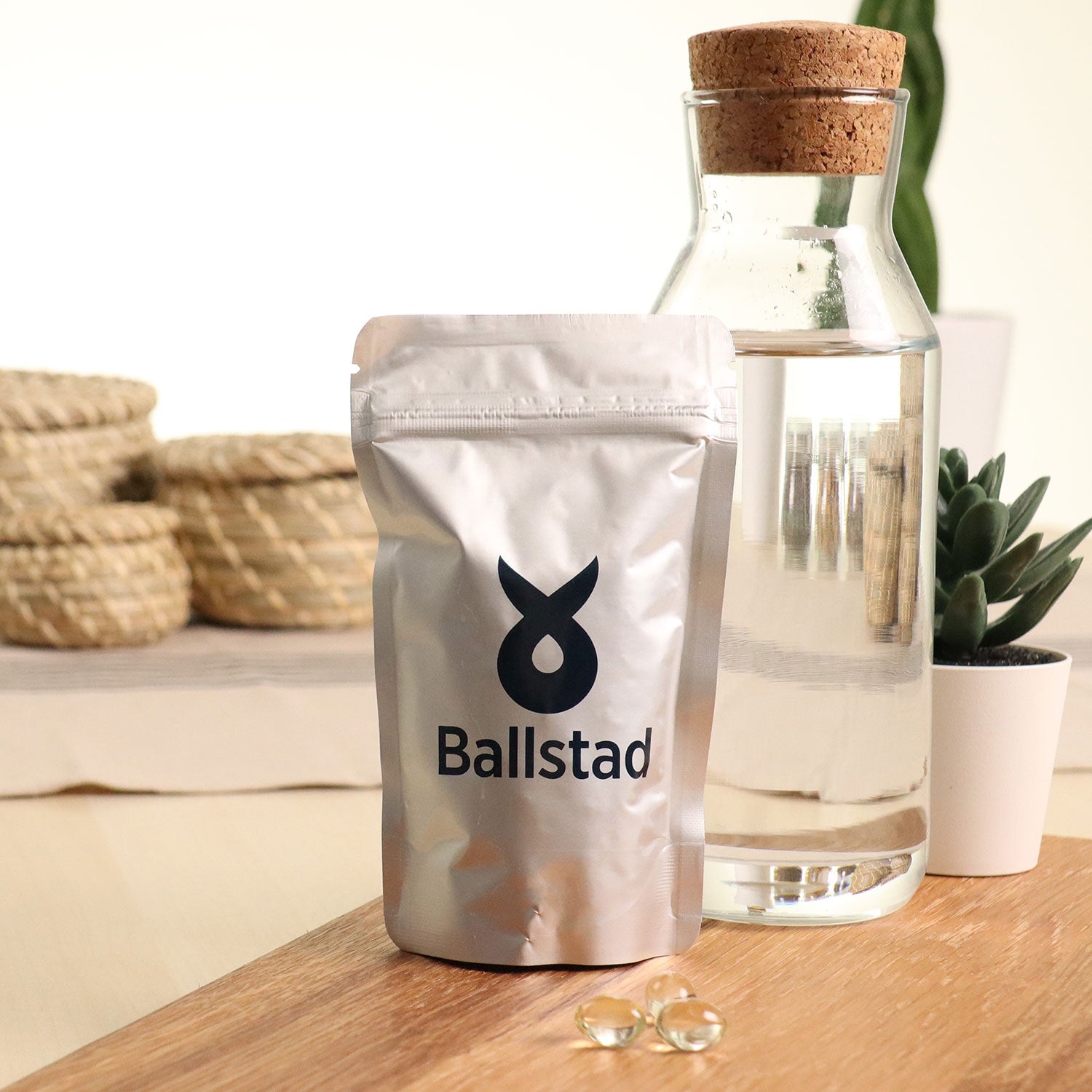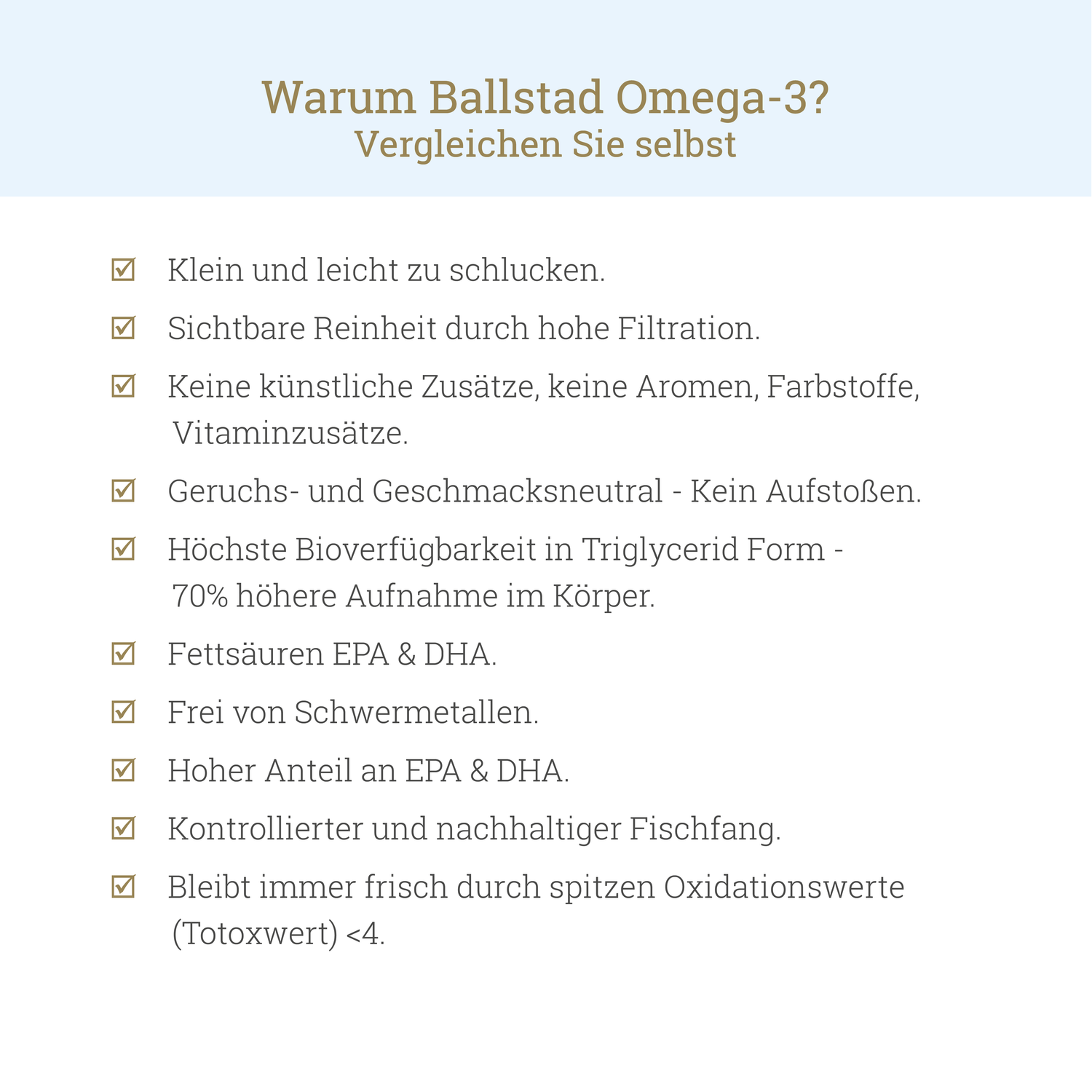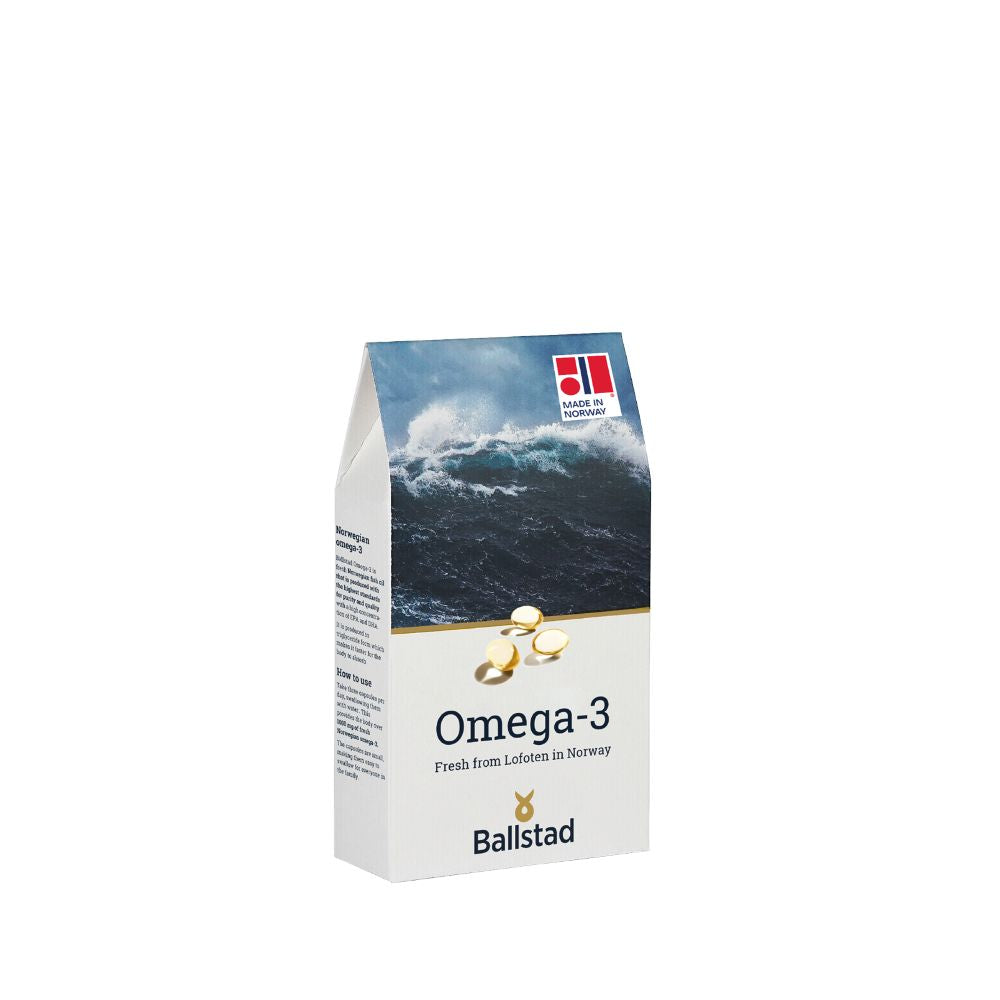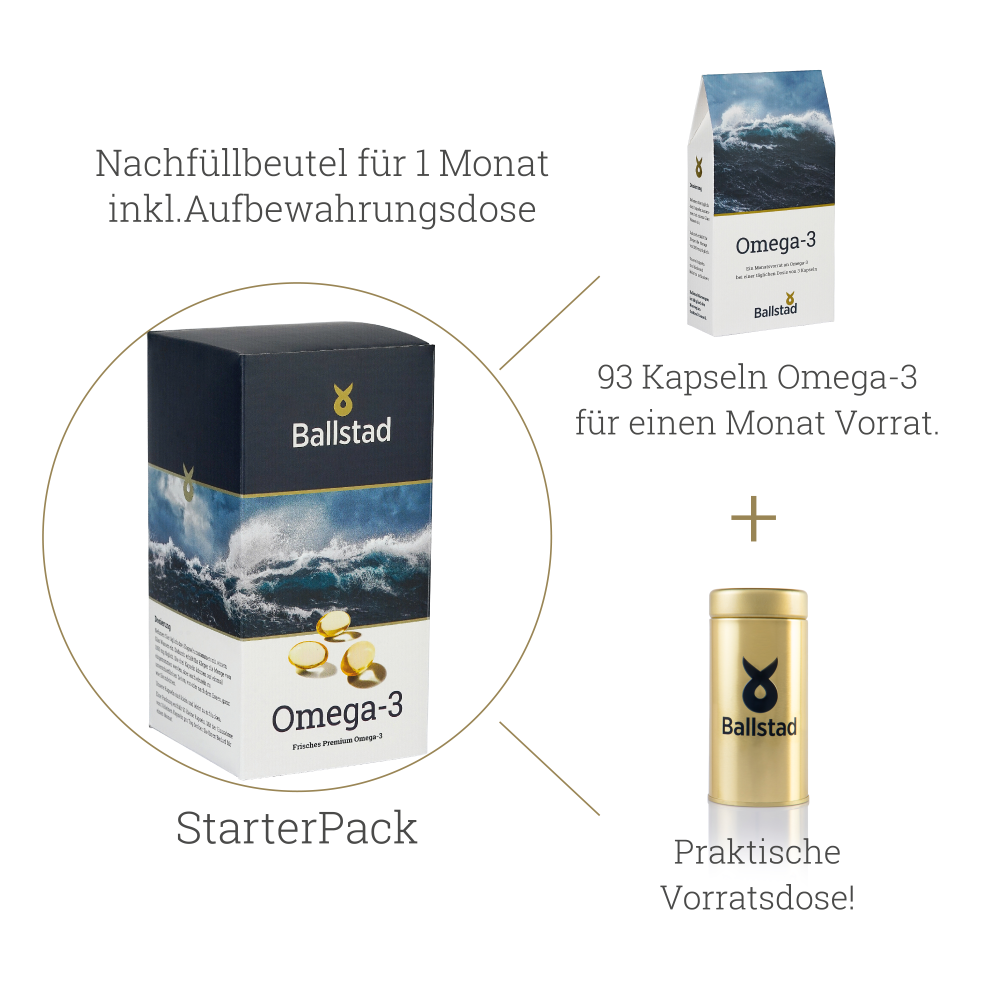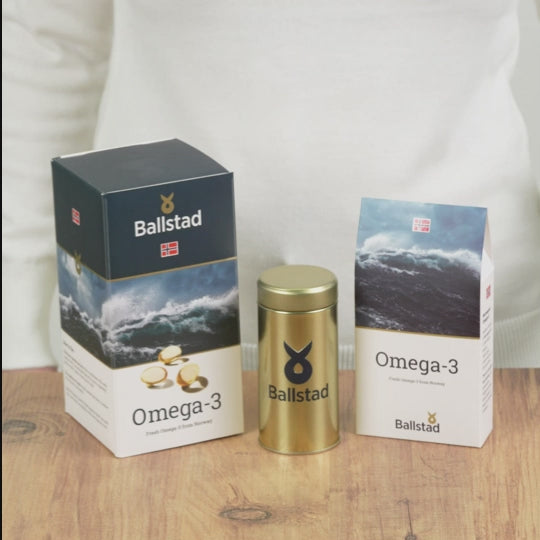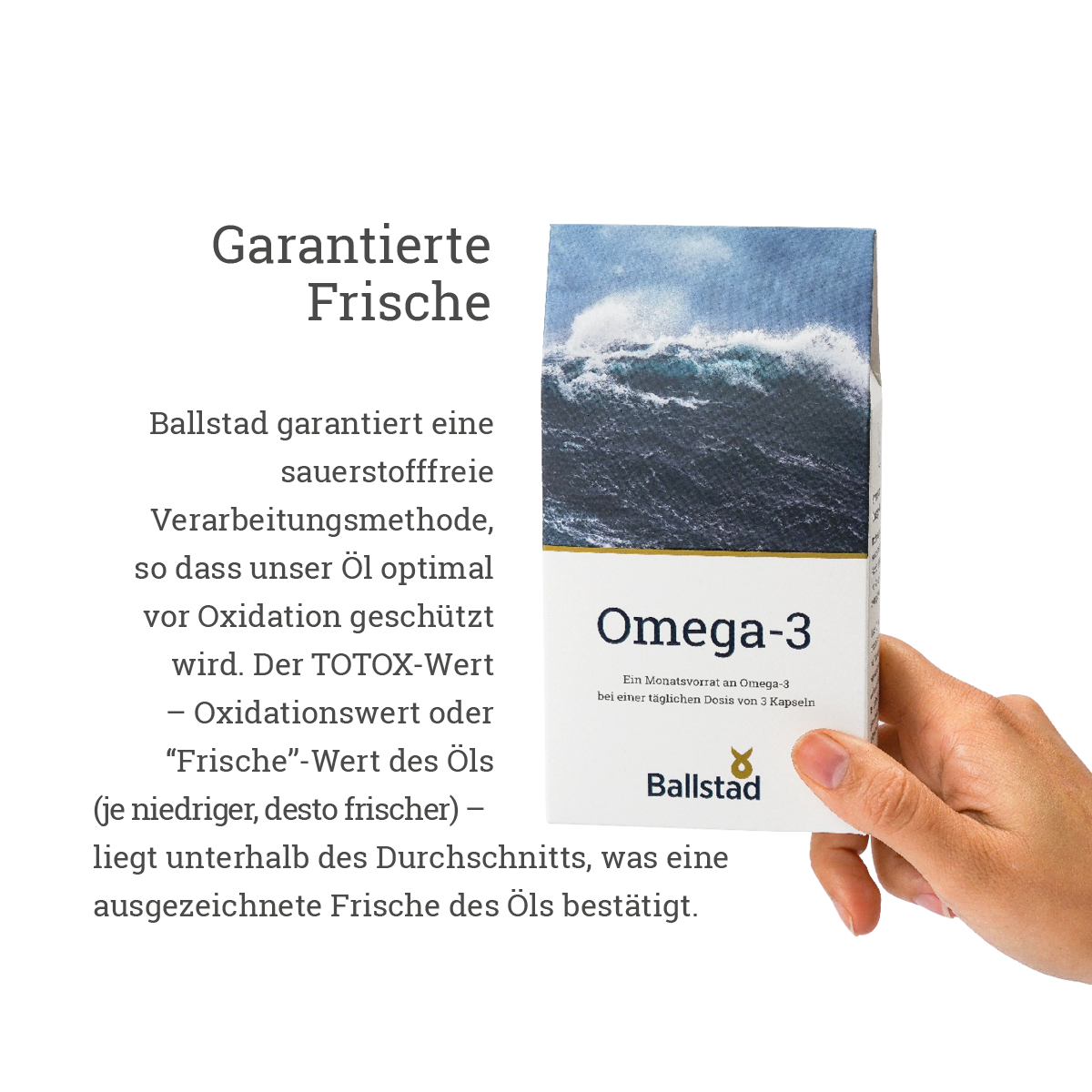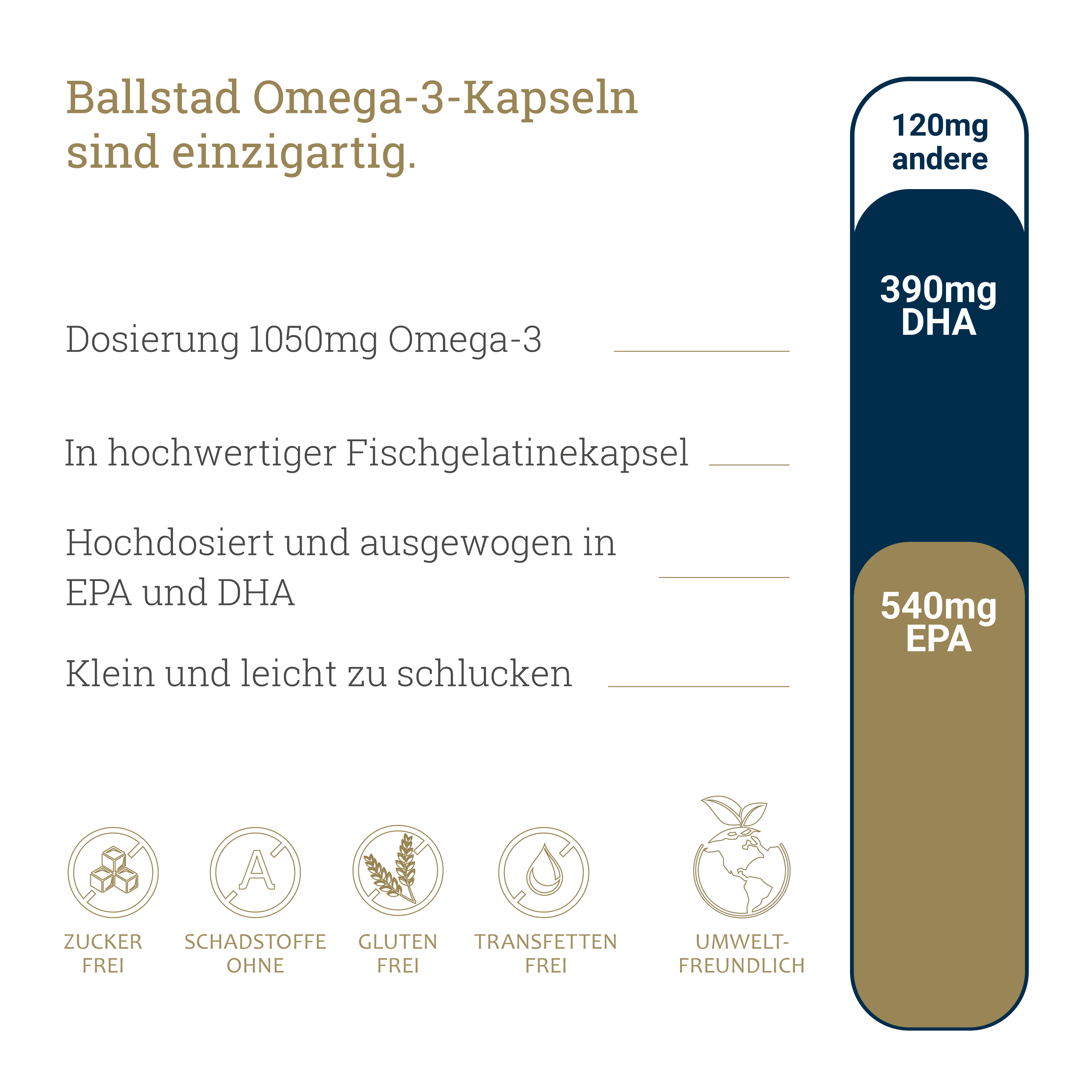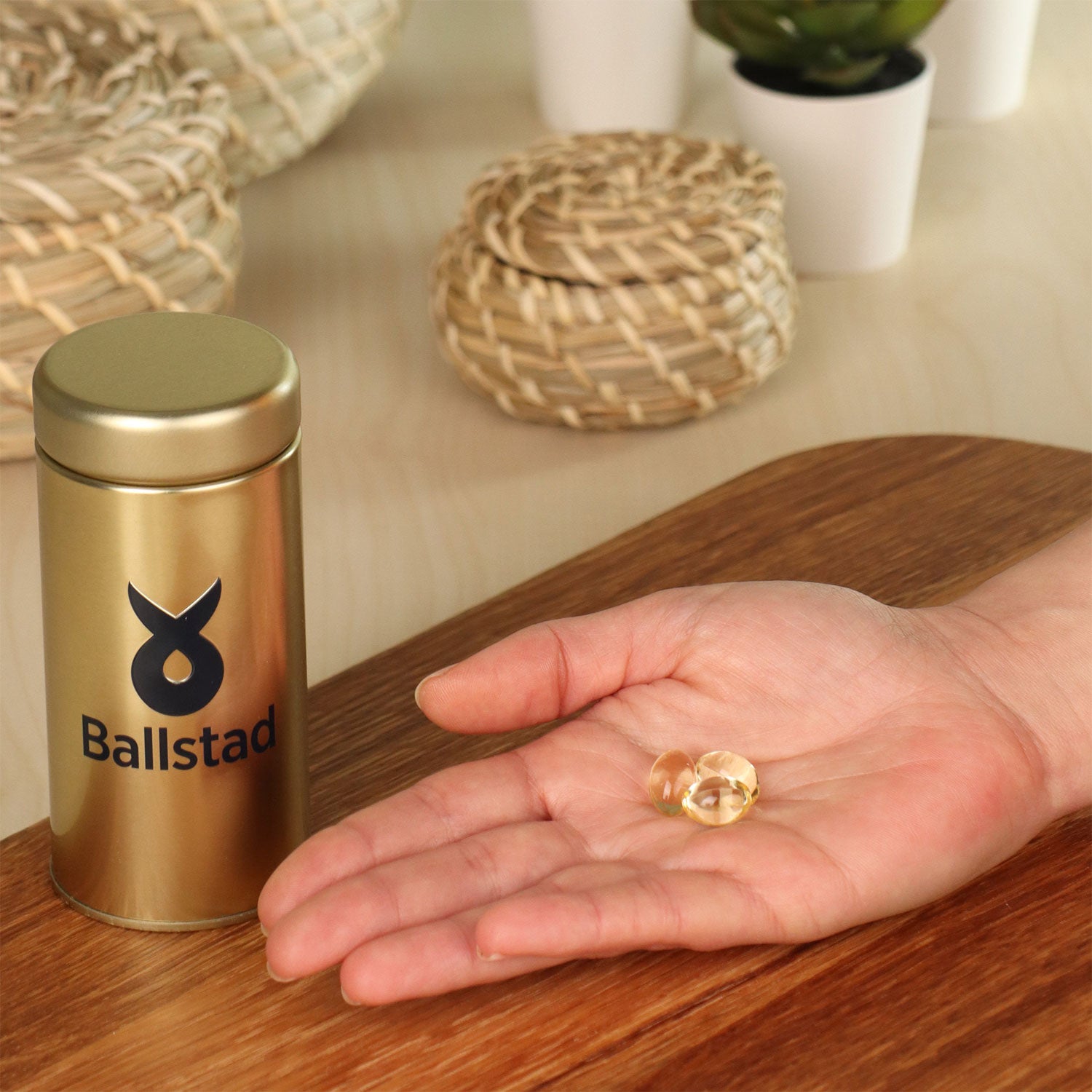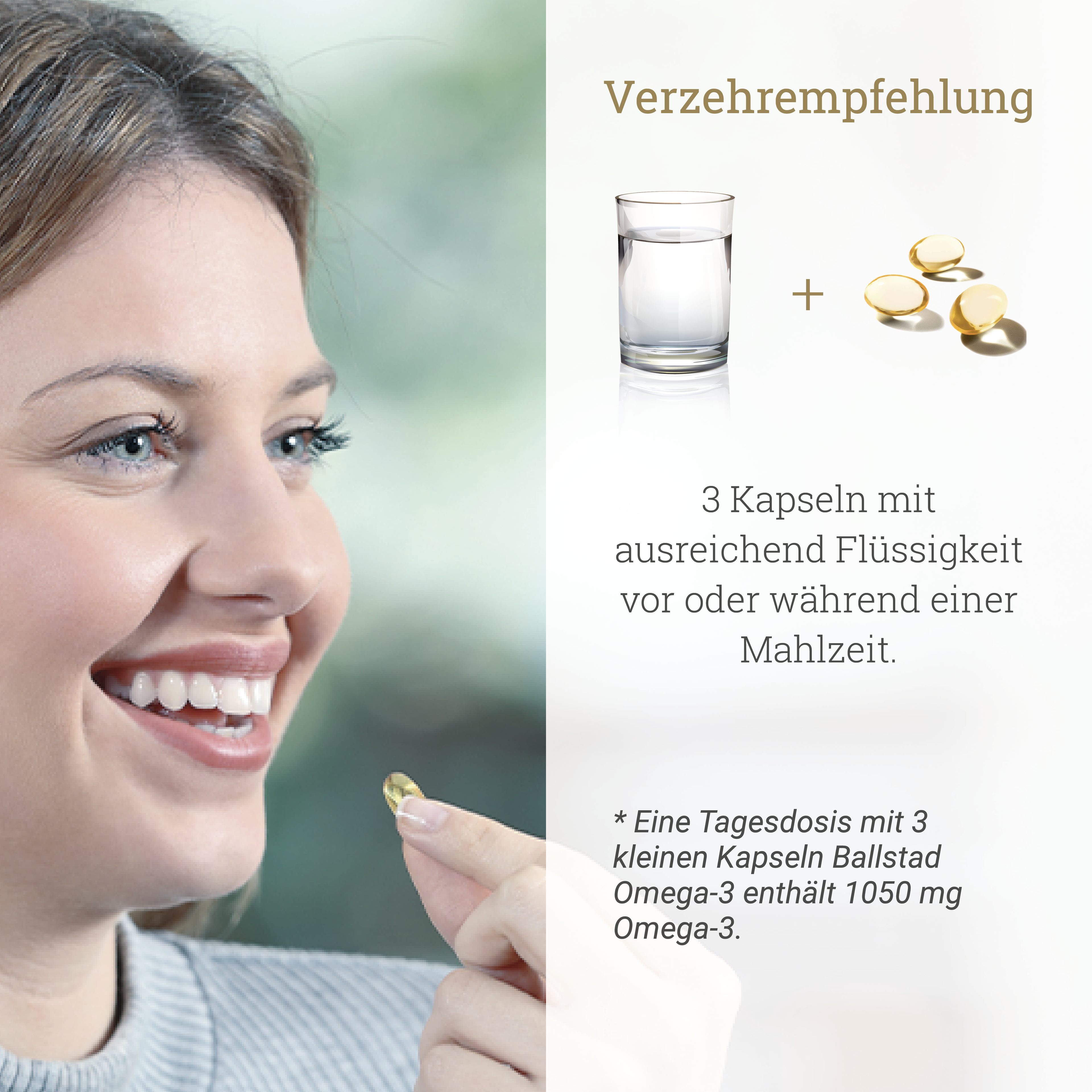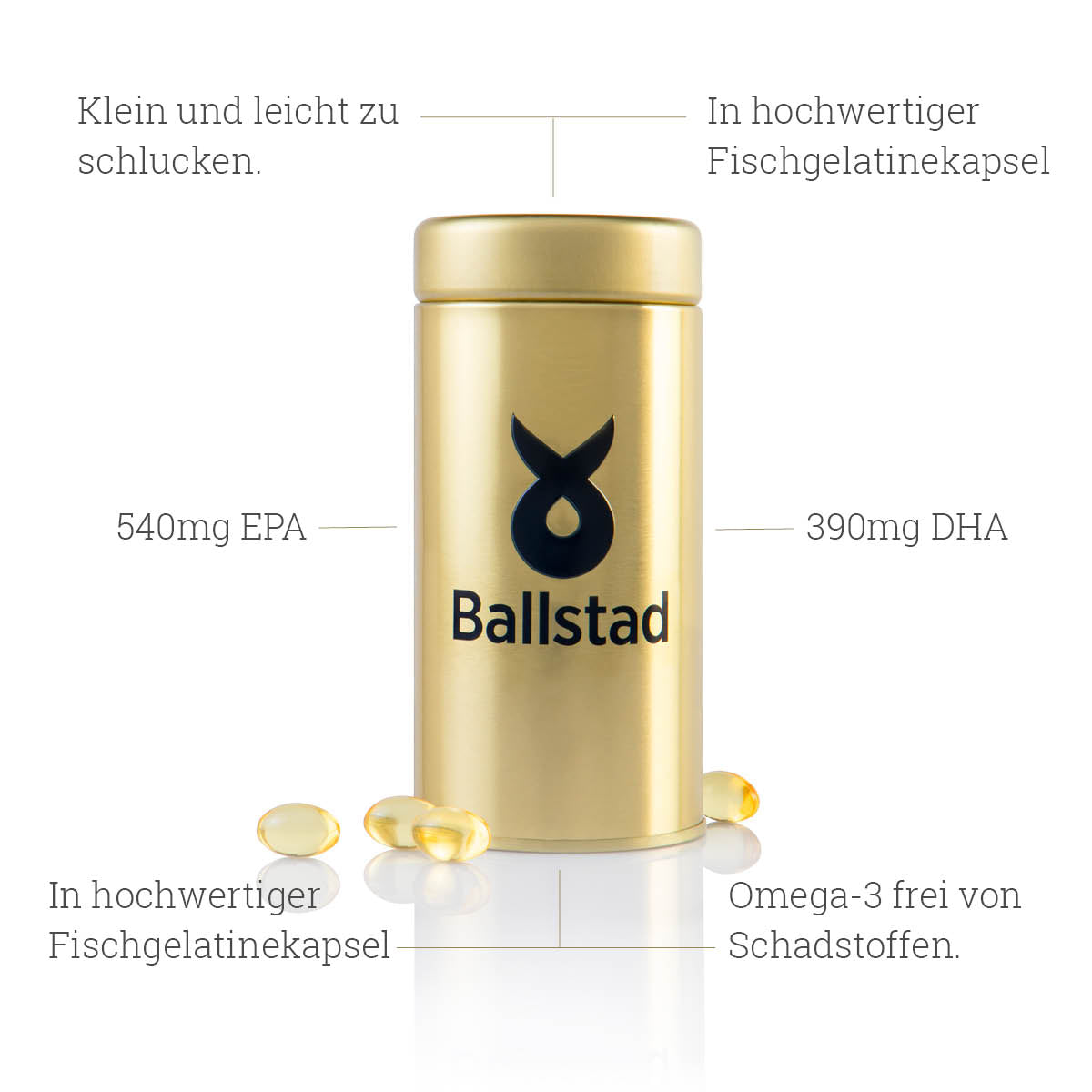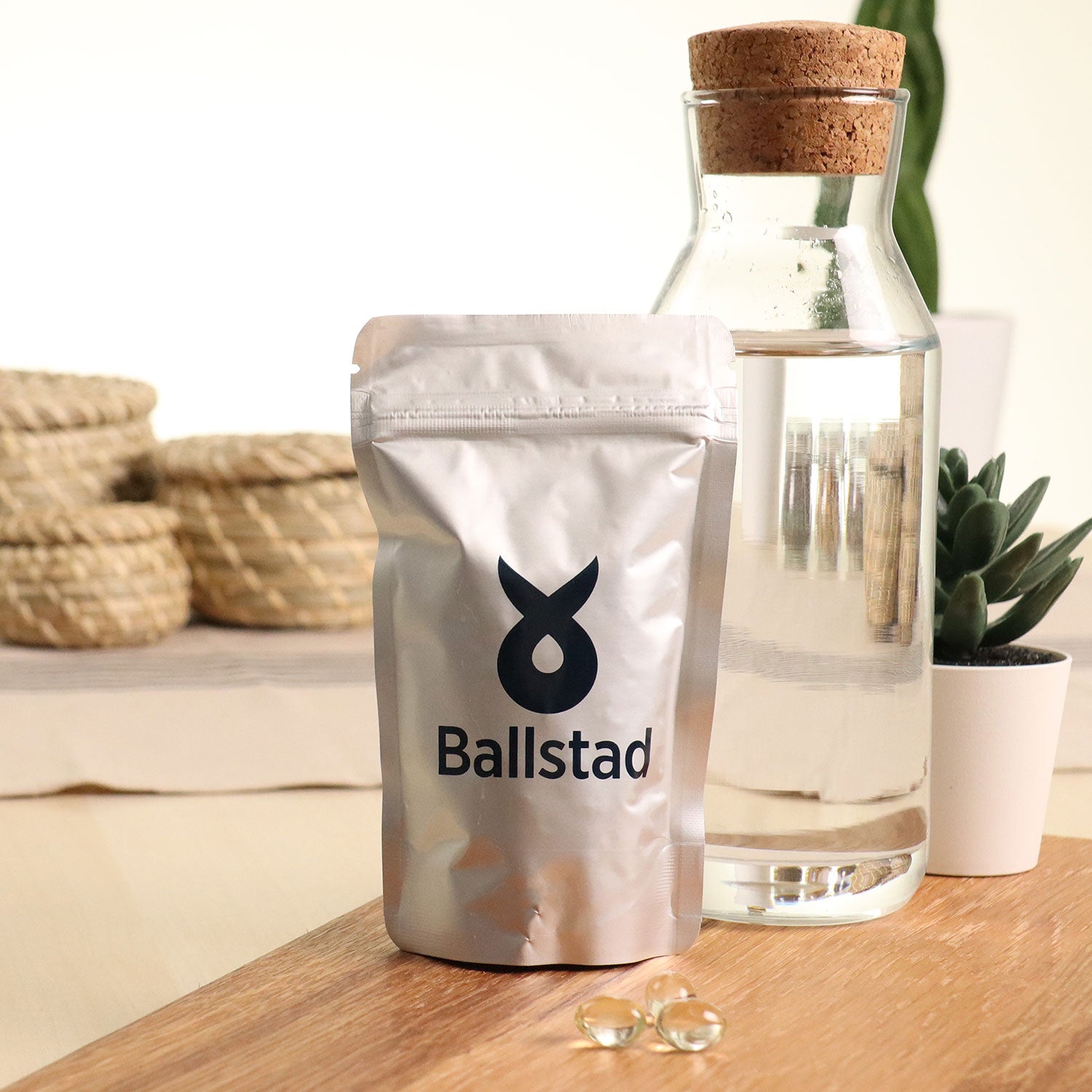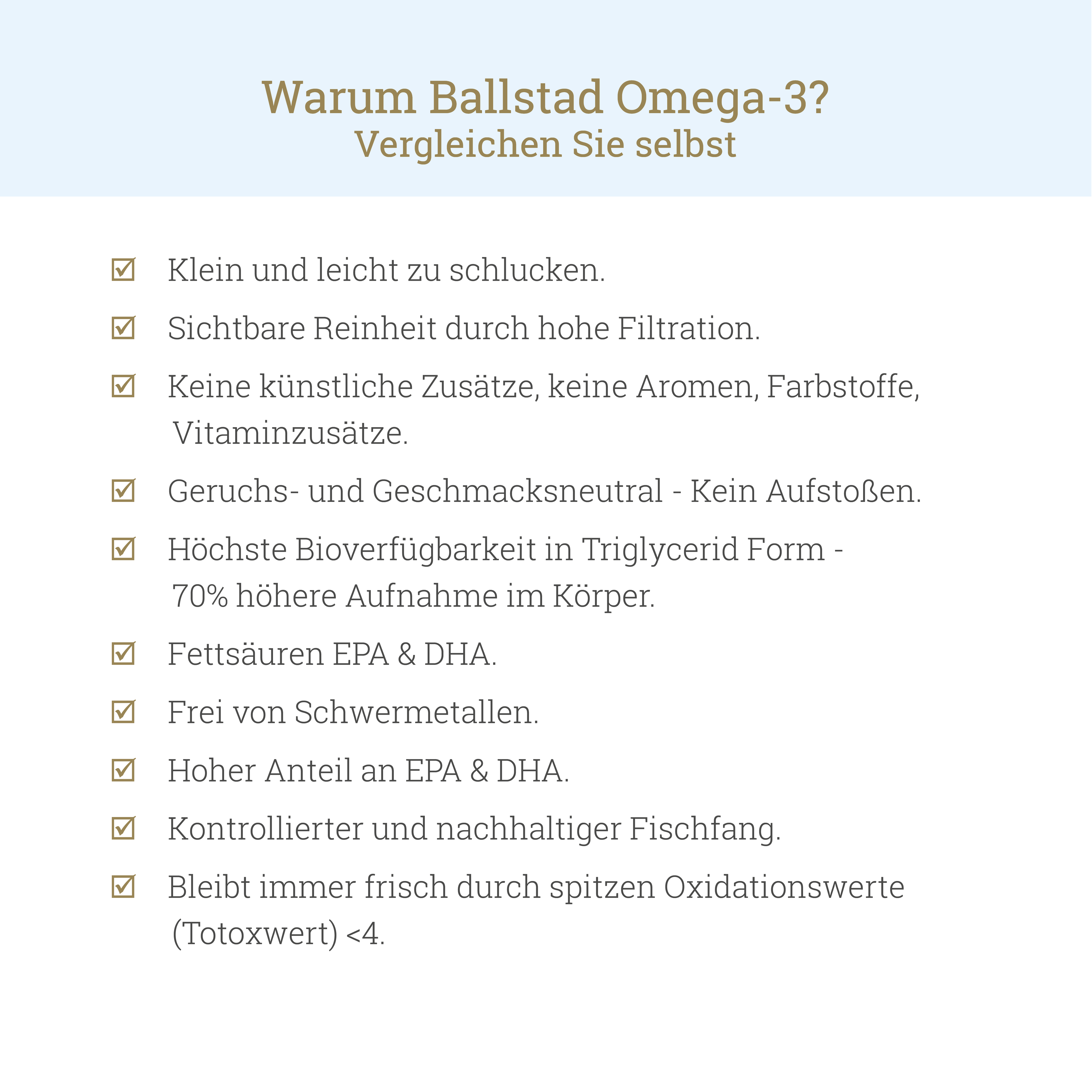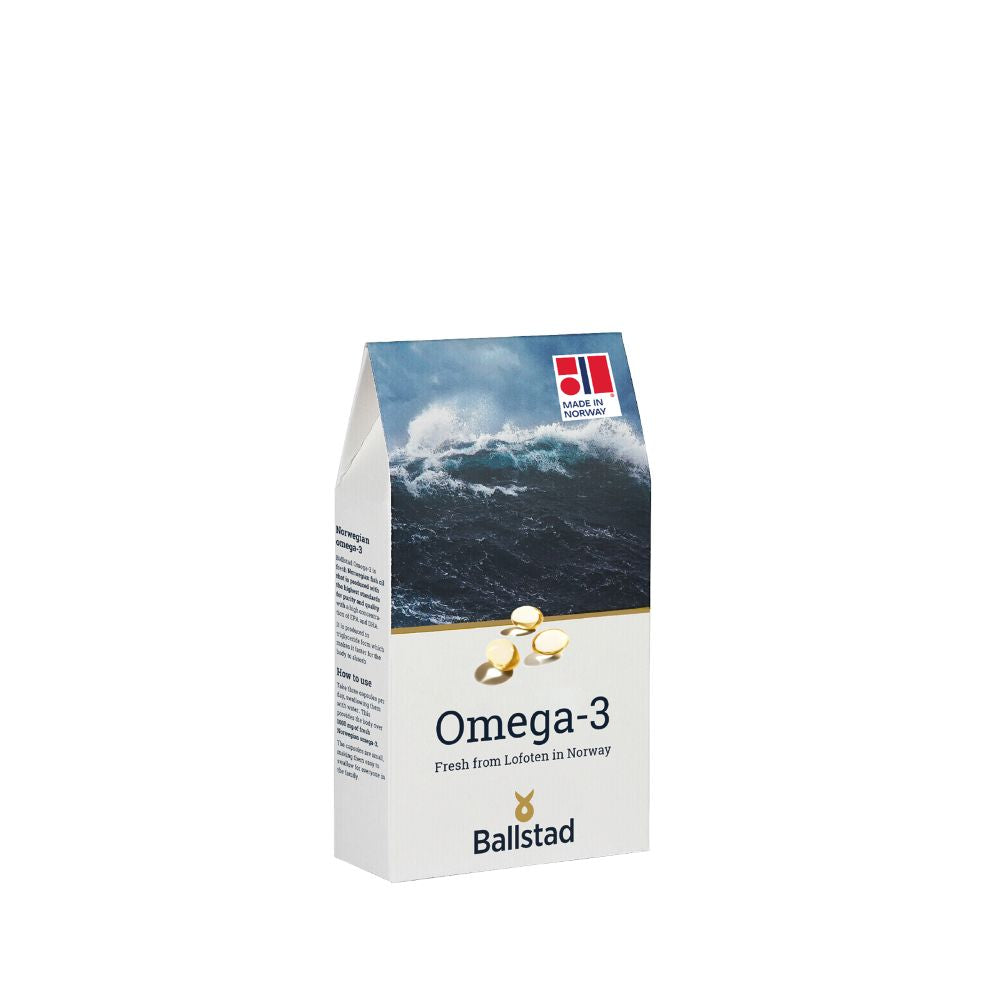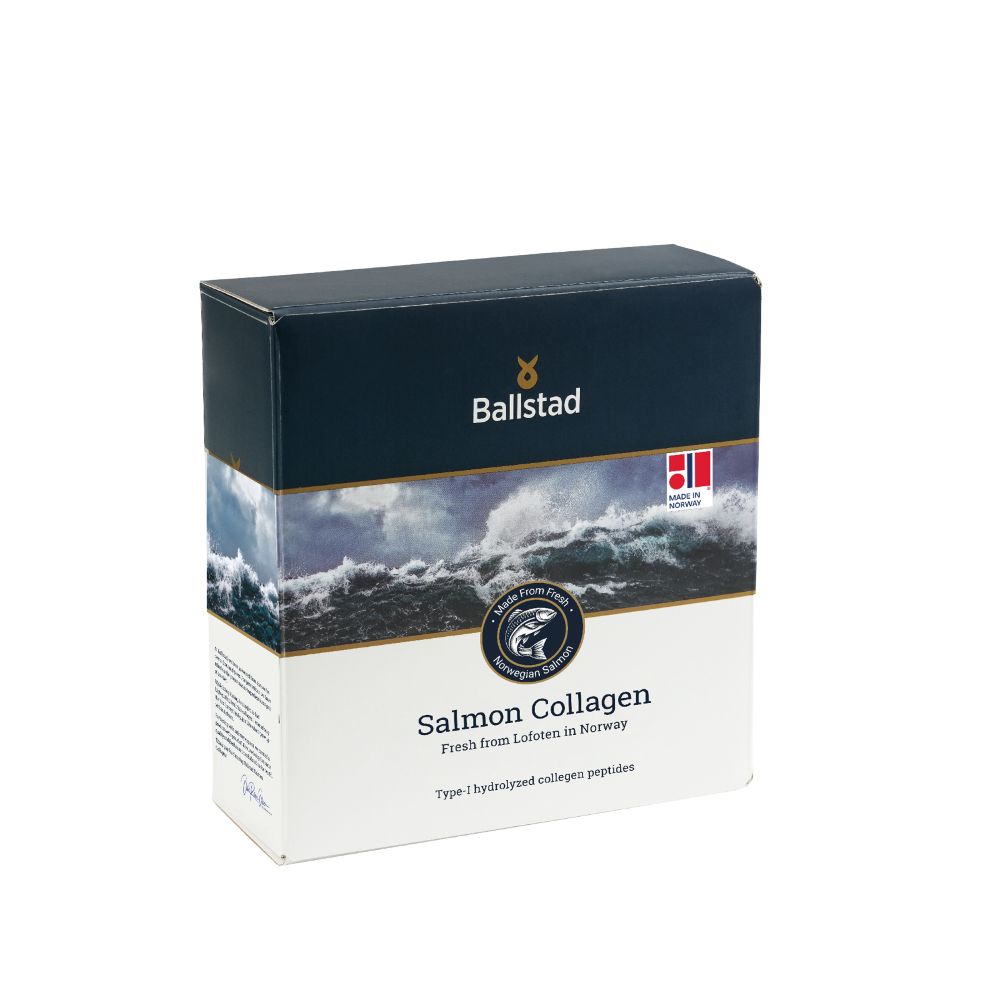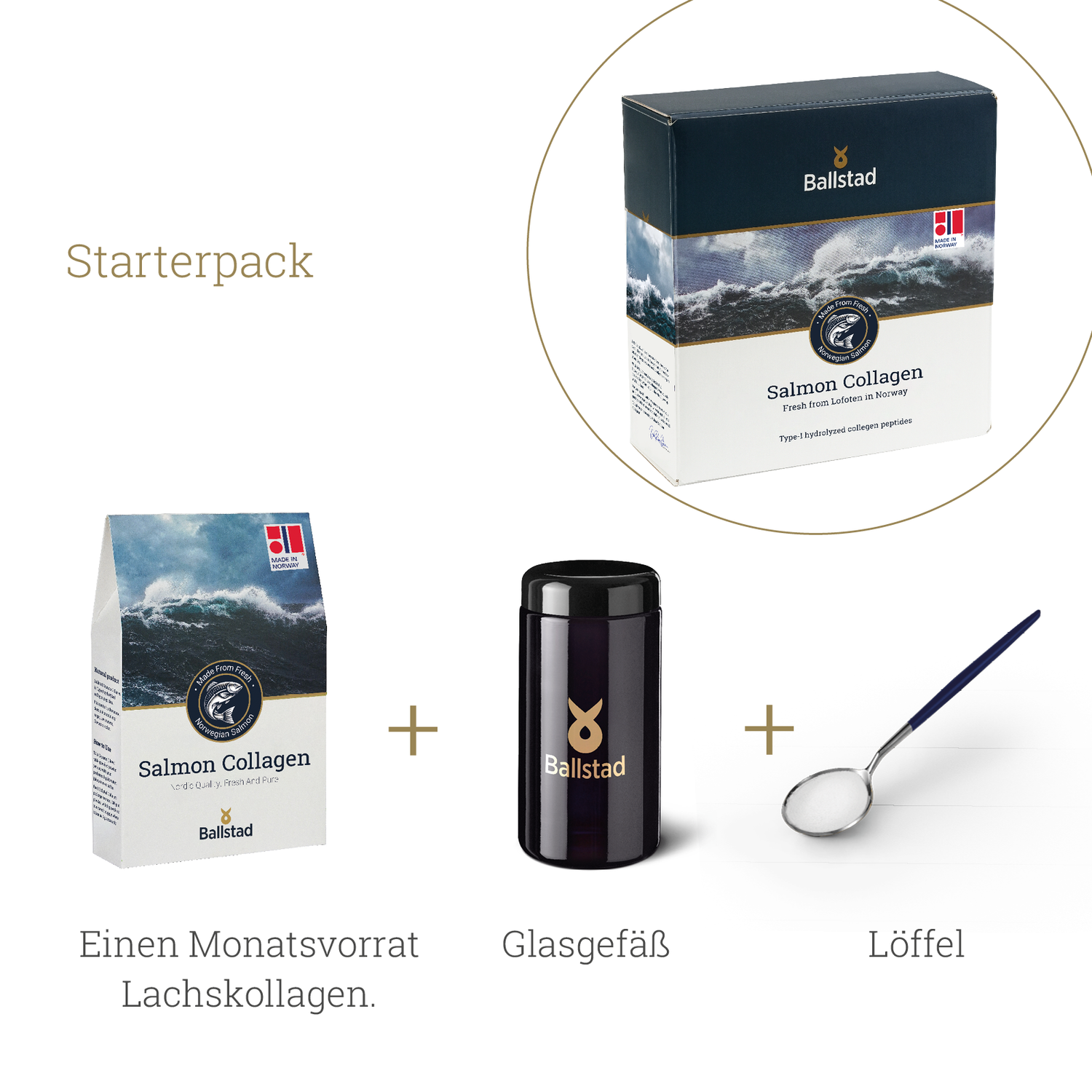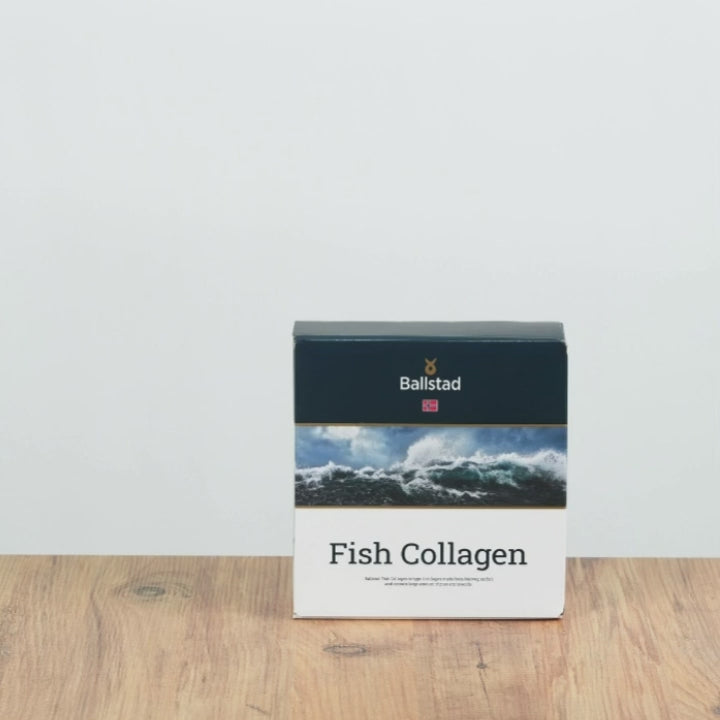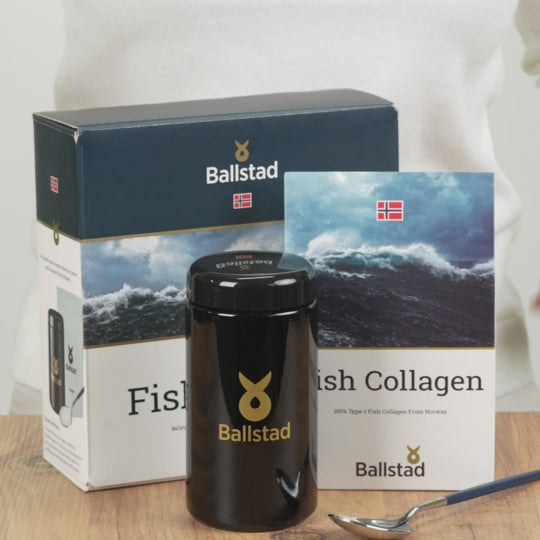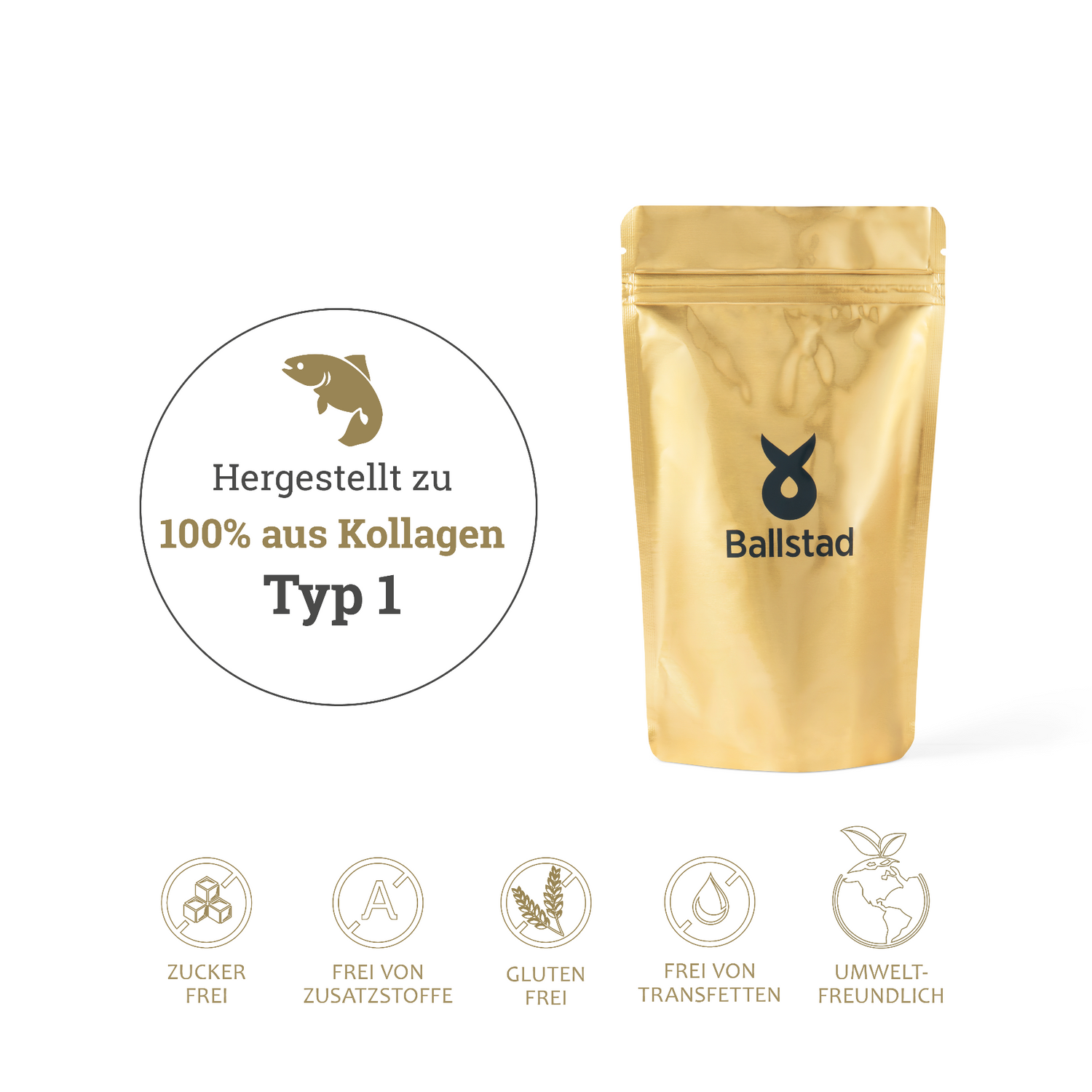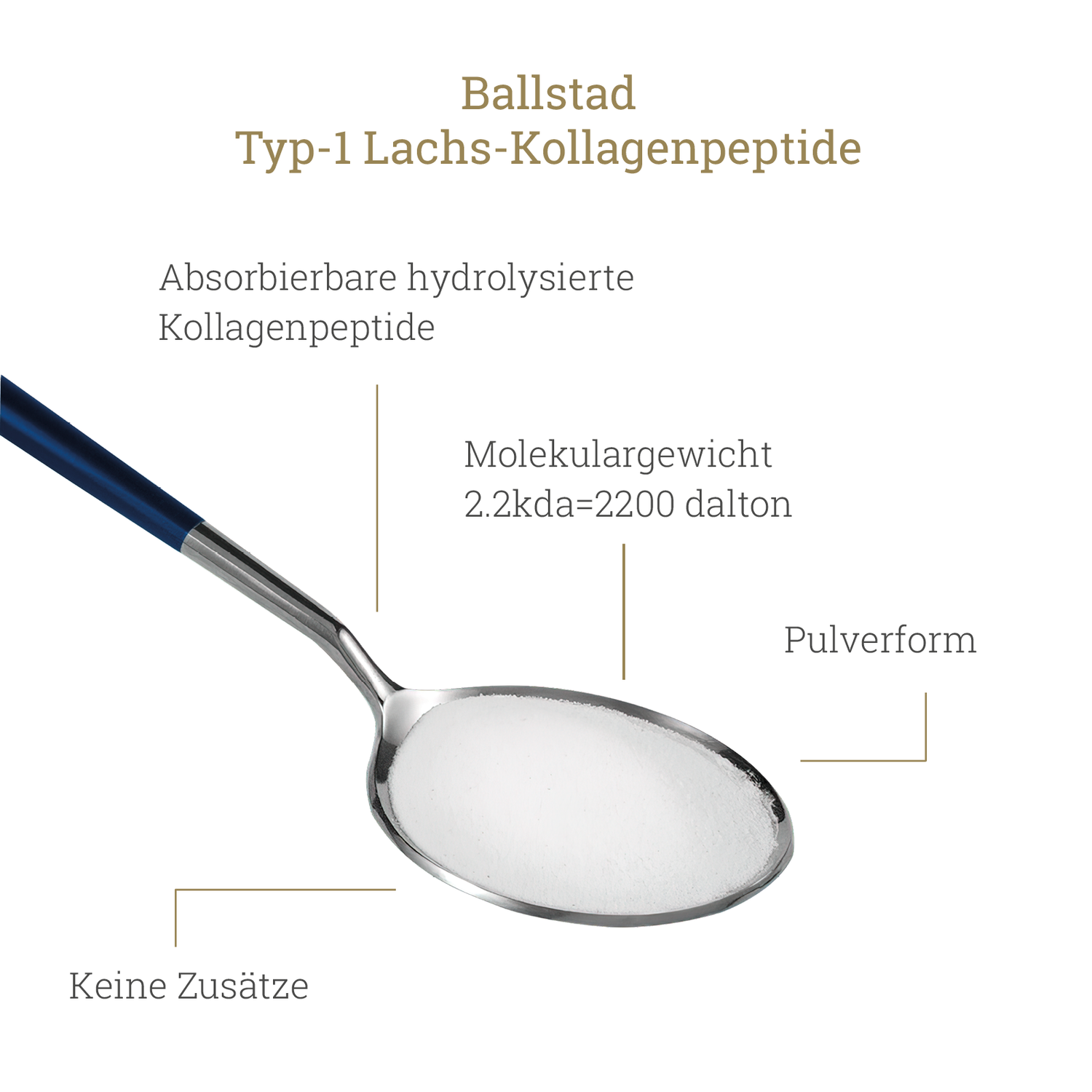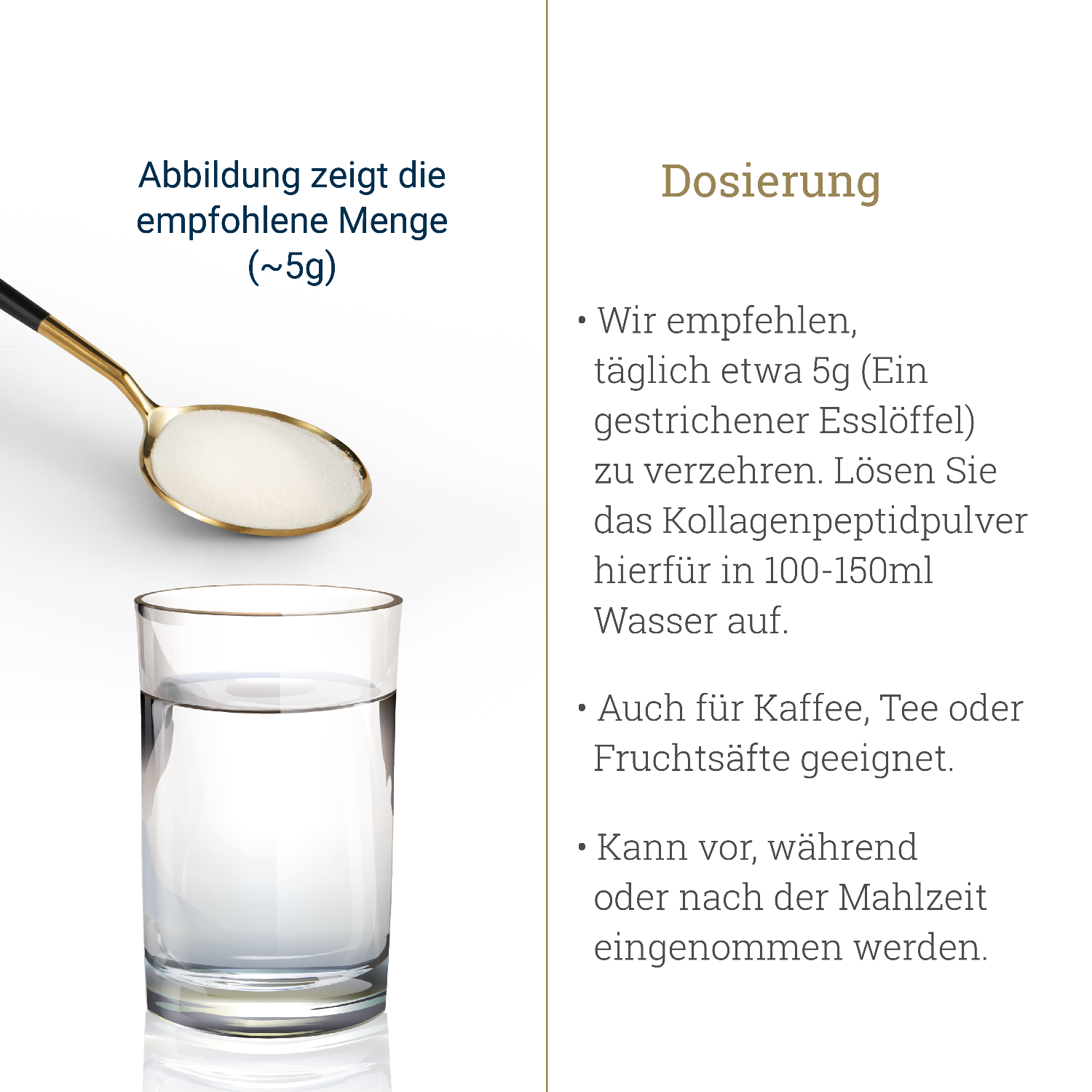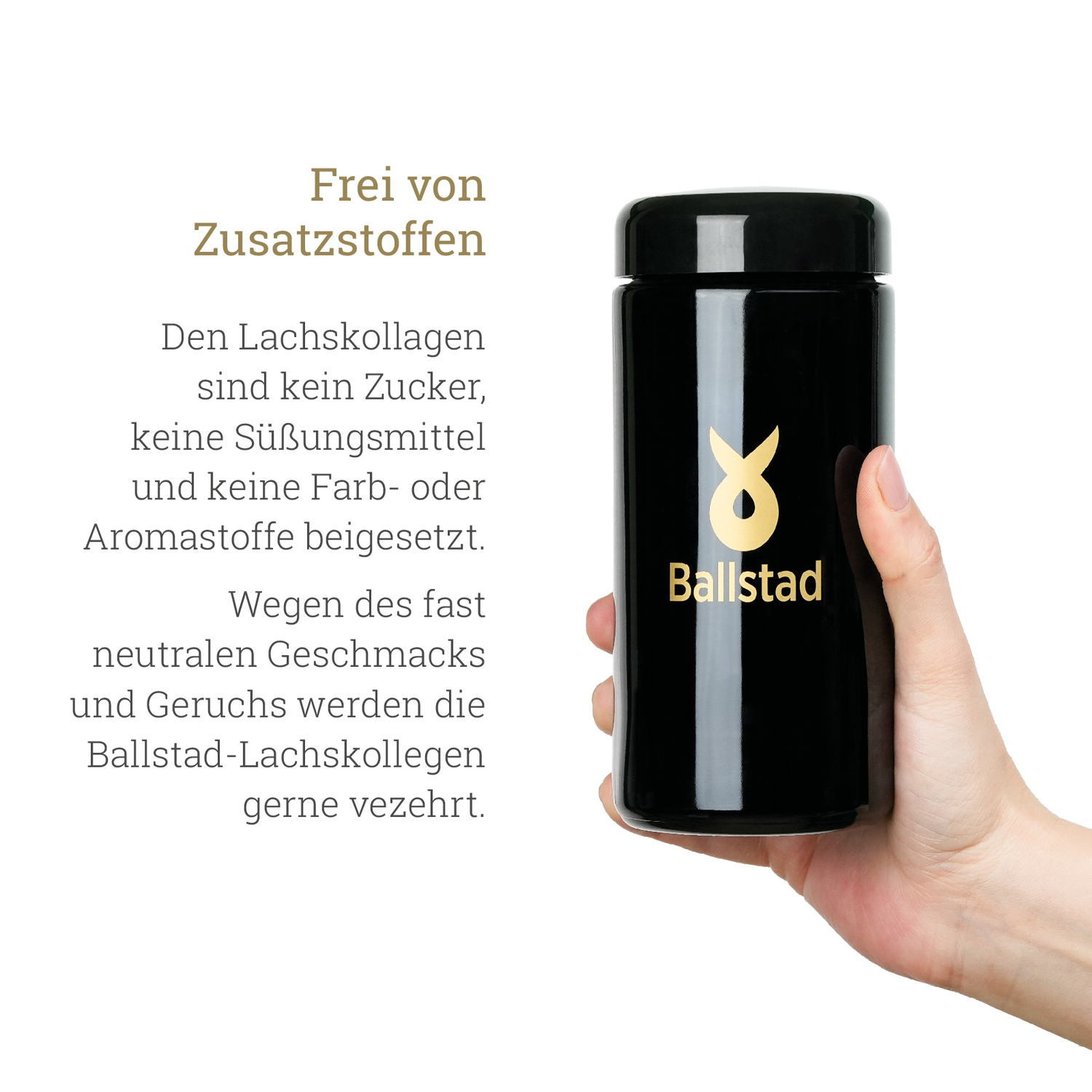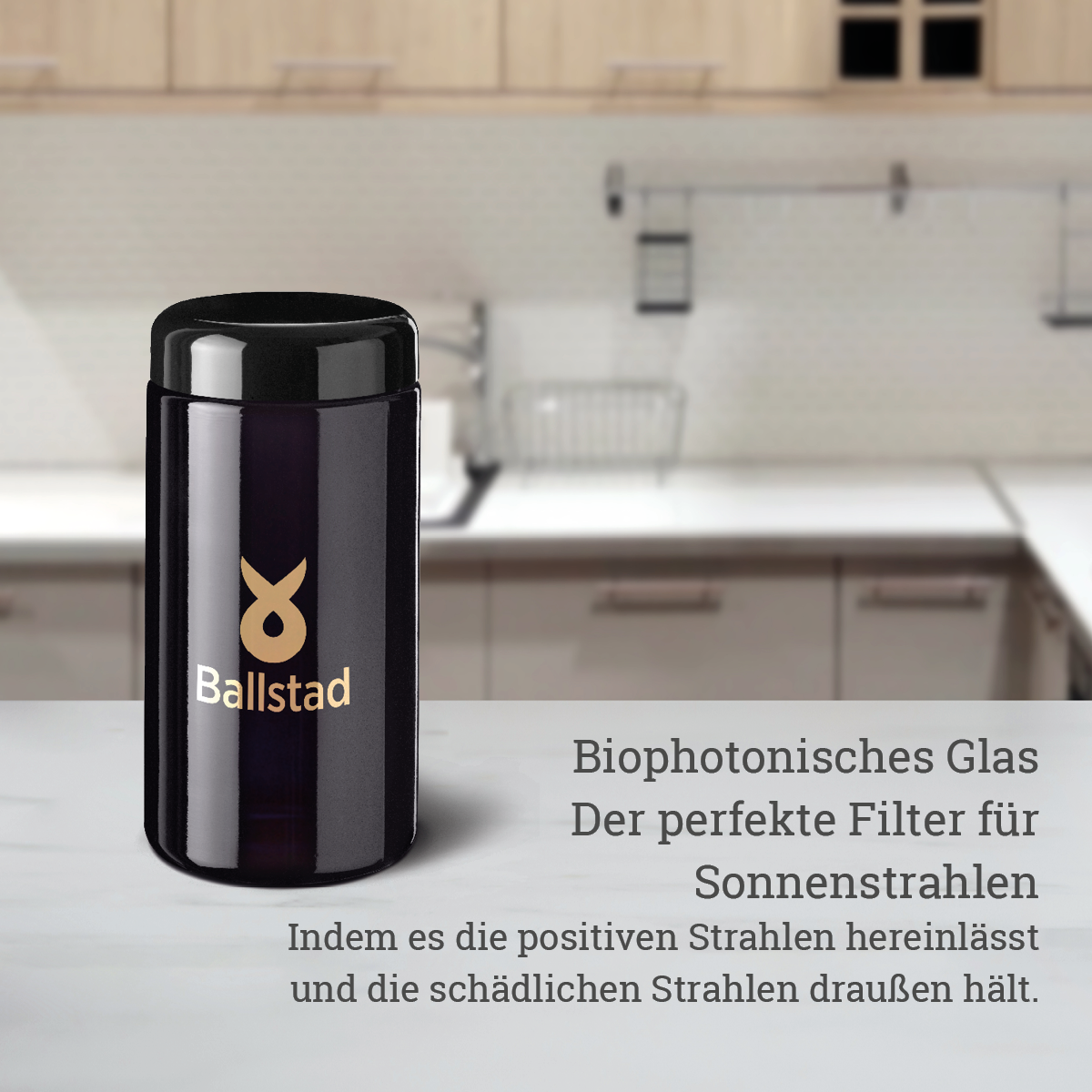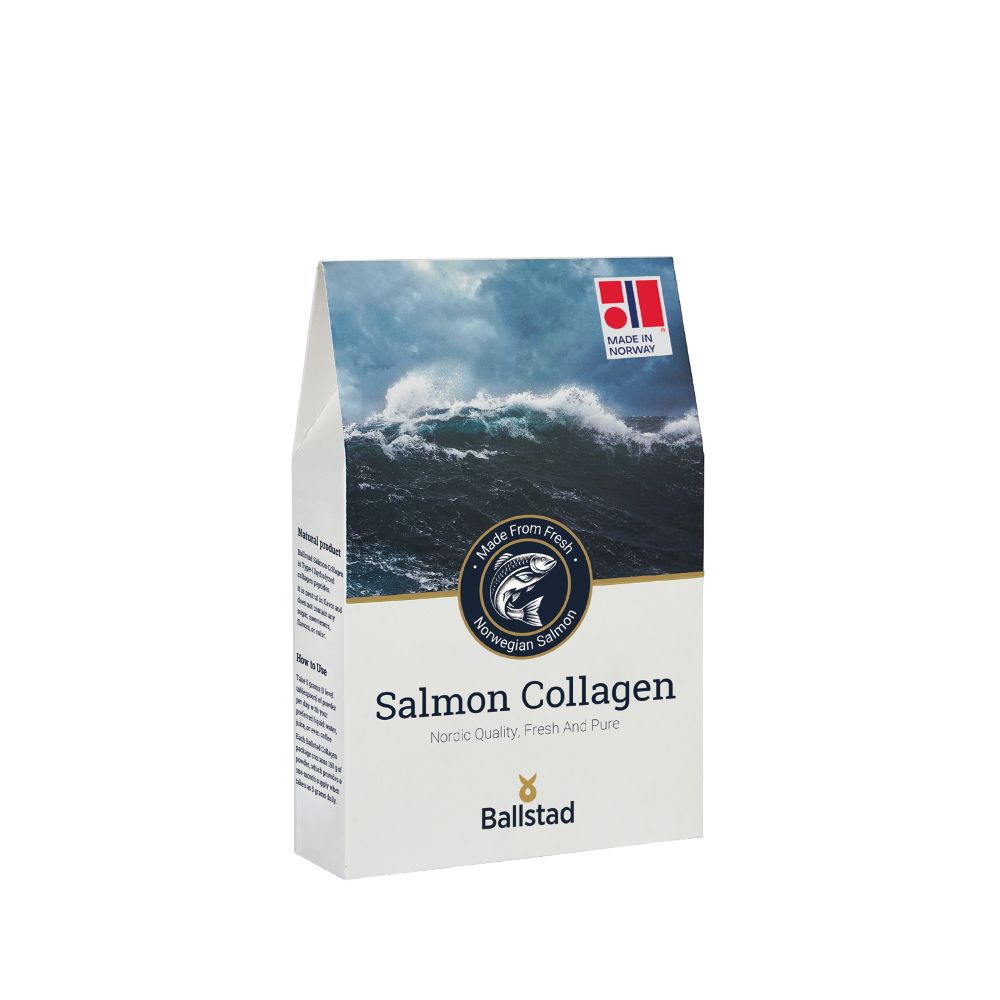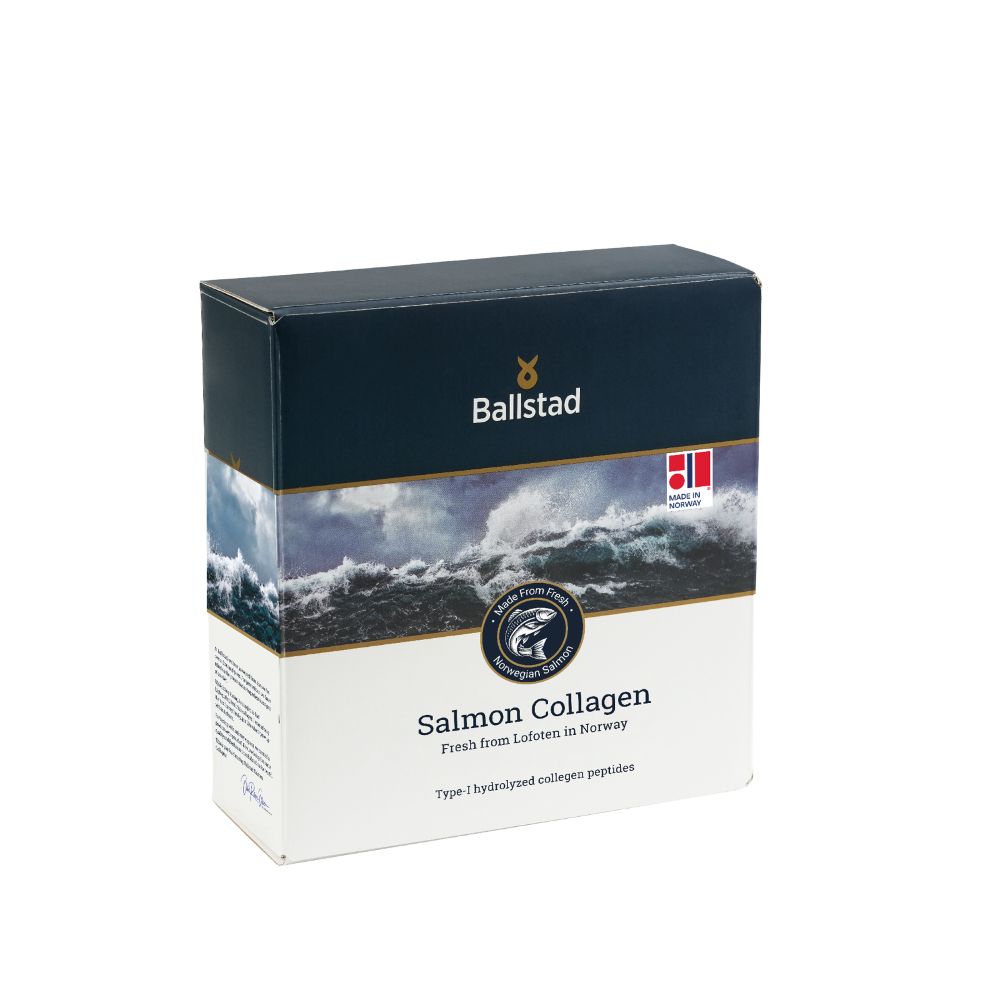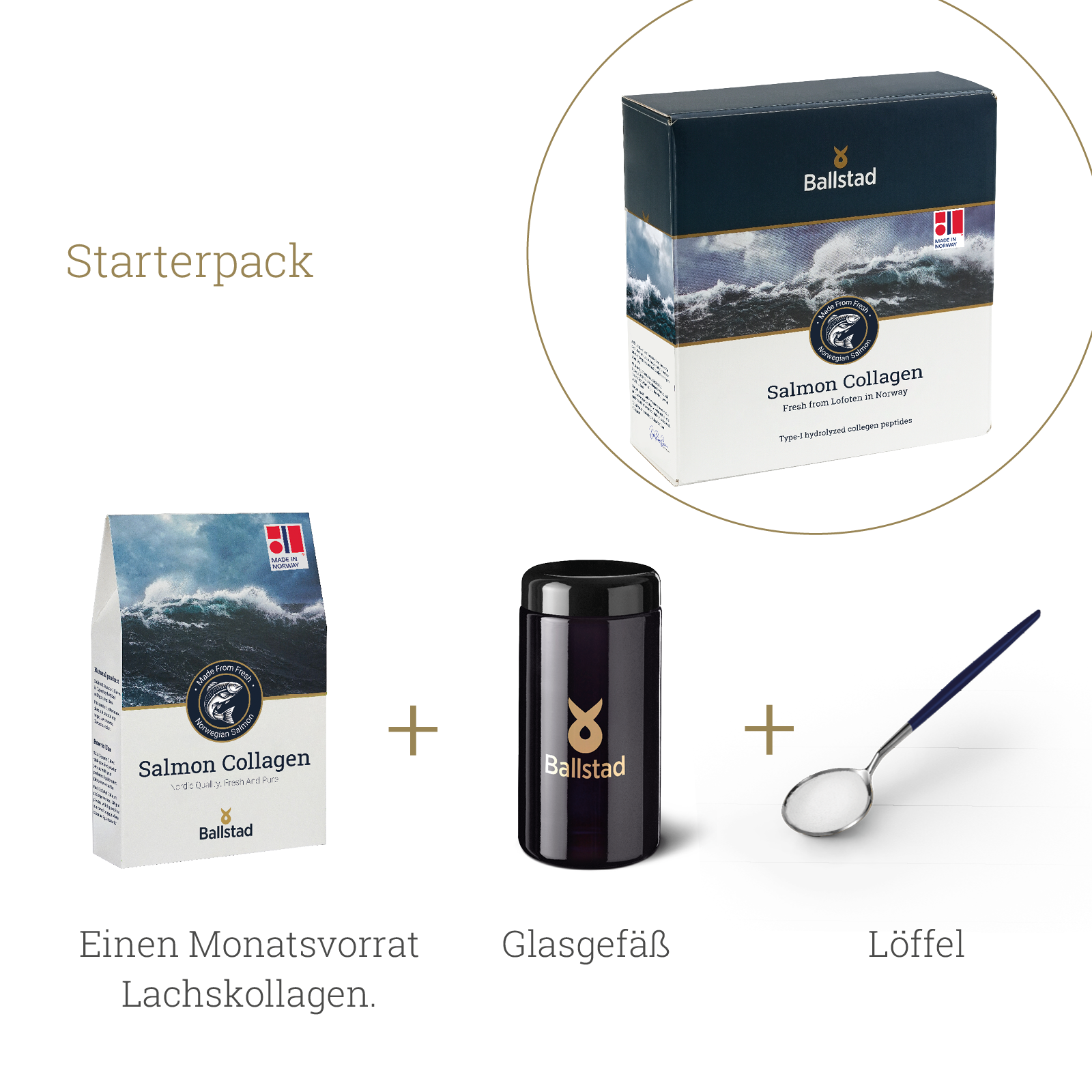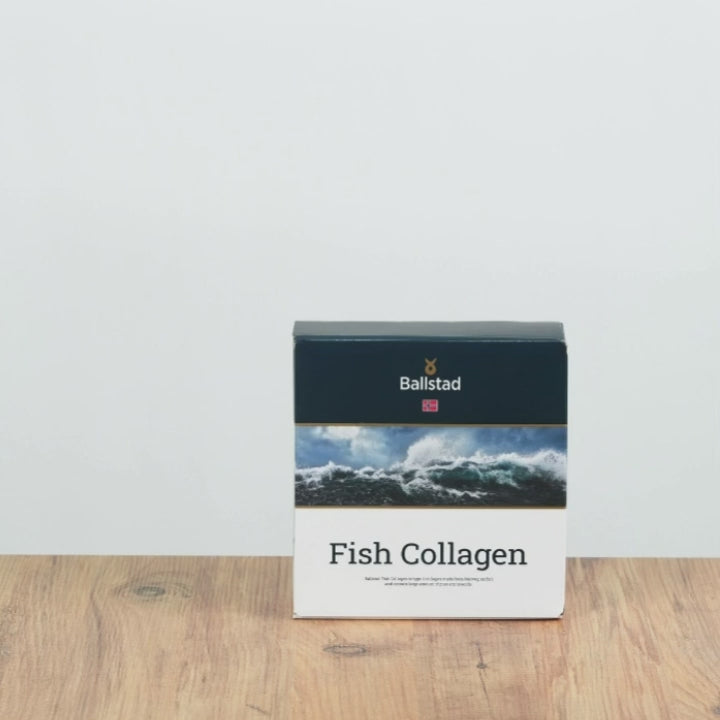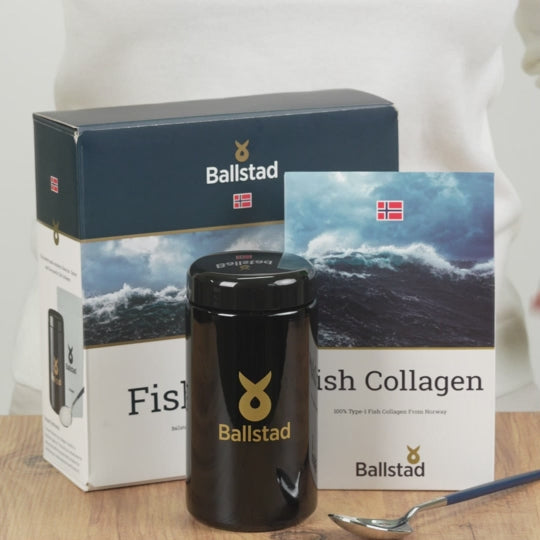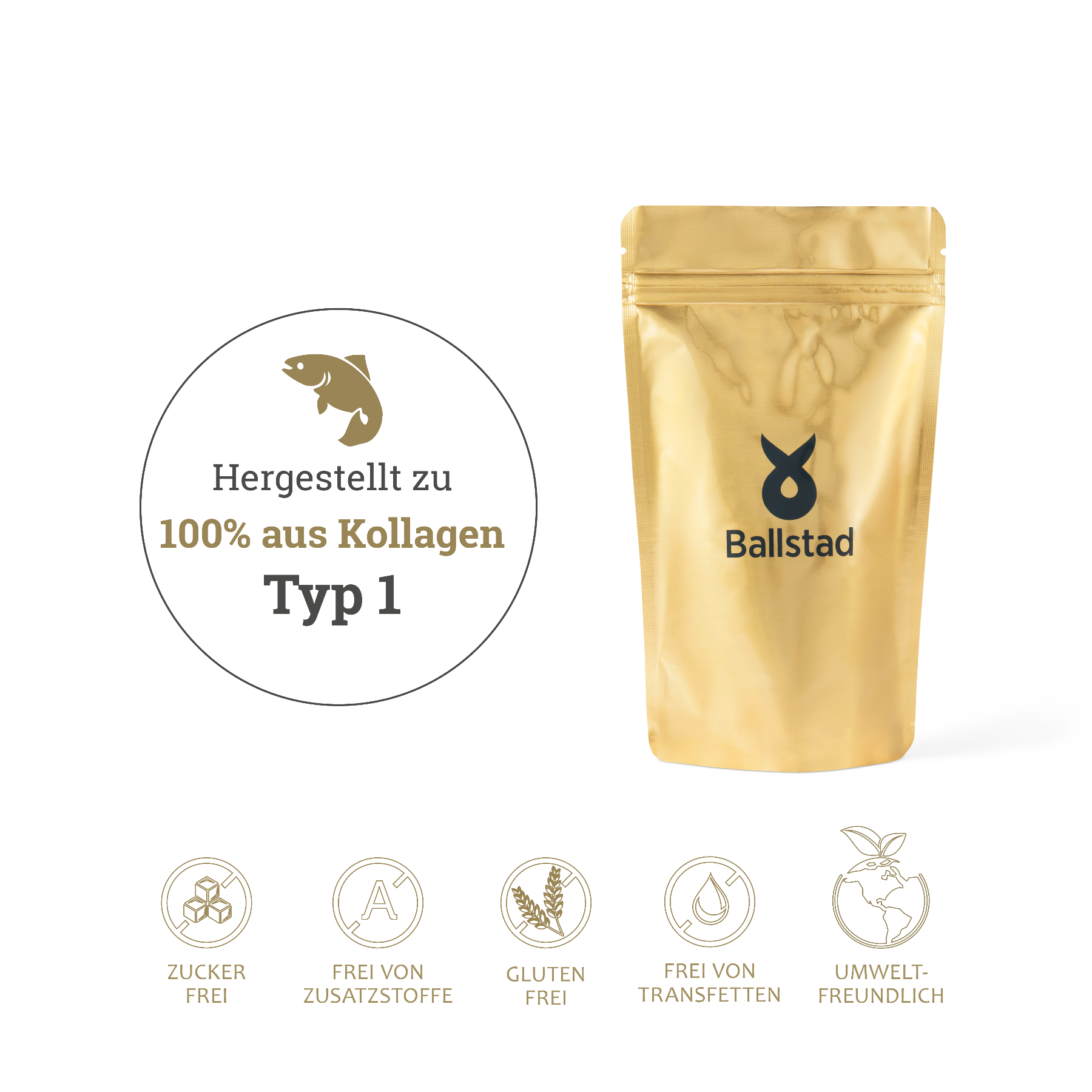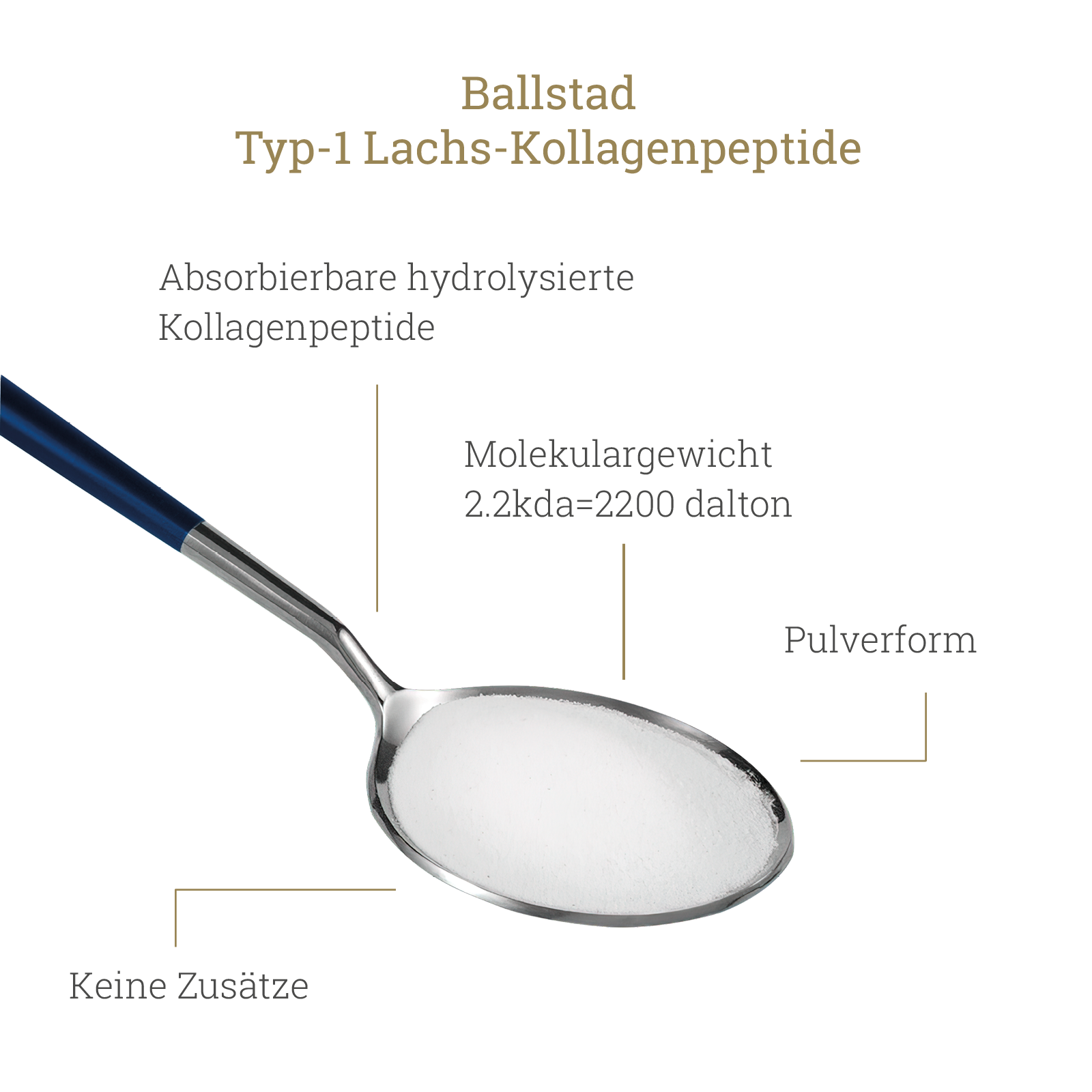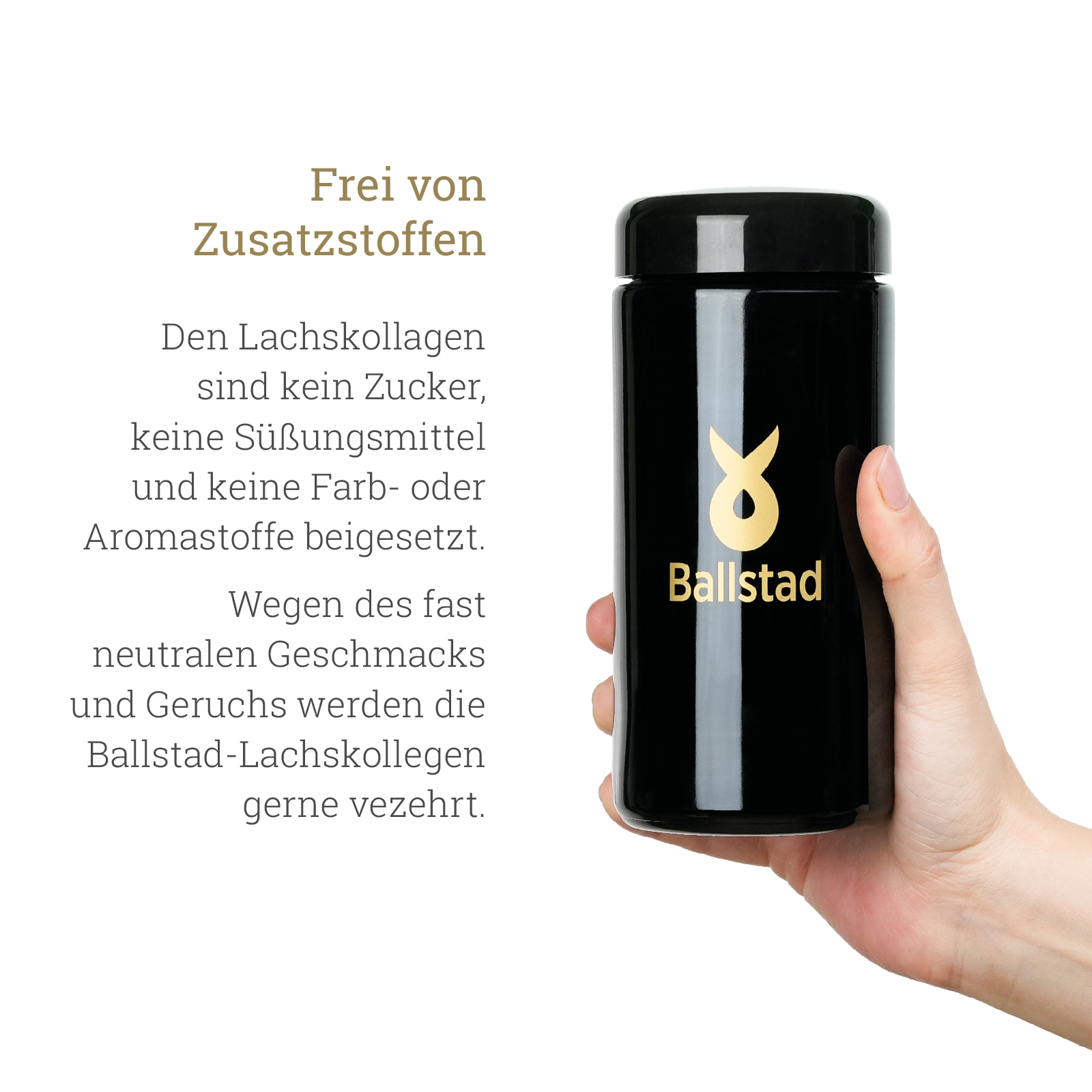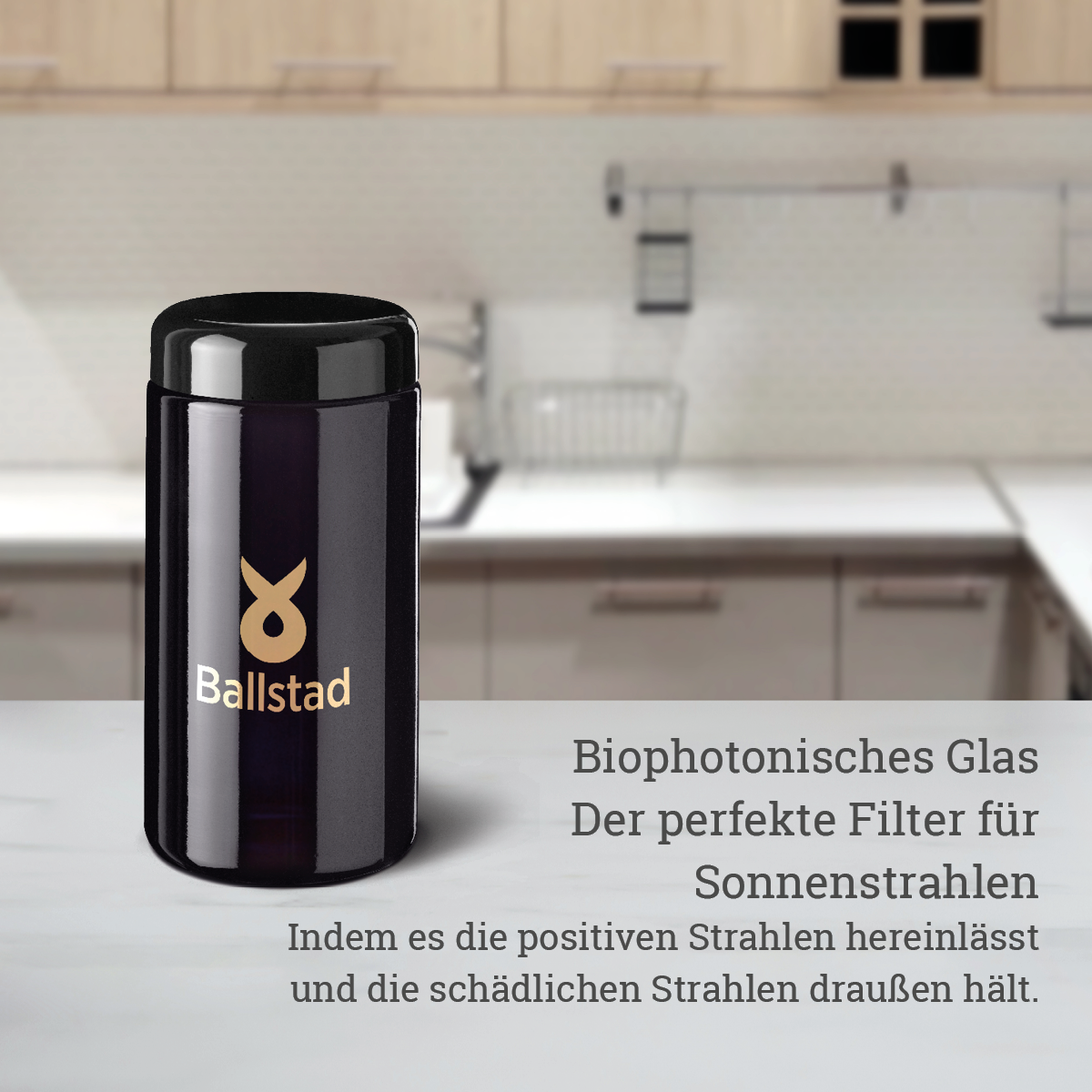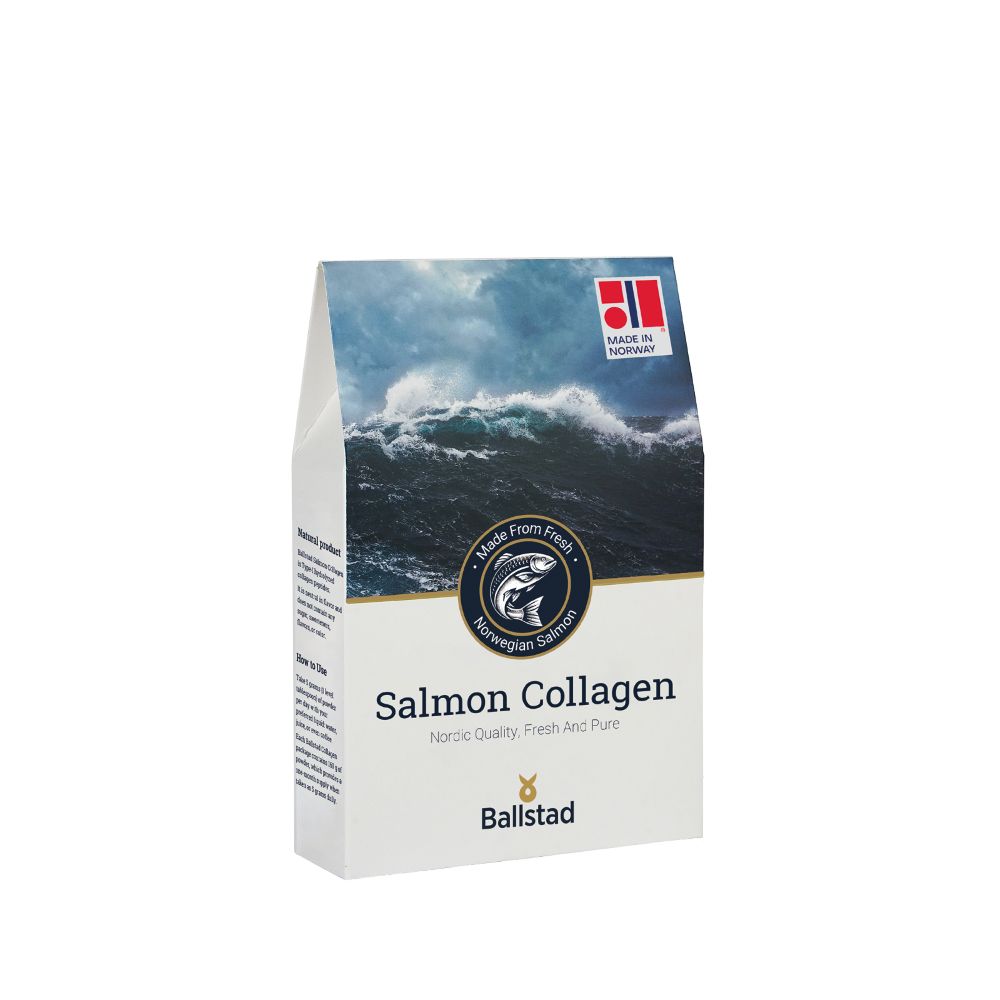As we age, our bodies produce less collagen. Many people therefore want to supplement their diet with collagen. To ensure a product complies with European regulations and is truly beneficial, you should consider the following points.
1. Choose the right collagen type
Collagen comes in different forms that support different structures in the body:
-
Types I and III – found mainly in skin, hair, nails and bones.
-
Type II – component of cartilage and joints.
Make sure that the types contained are clearly declared and that no inadmissible health claims are made.
2. Hydrolyzed collagen (collagen peptides)
Only hydrolyzed collagen – broken down into small peptides – can be easily absorbed by the body.
-
Check that the label says “hydrolyzed” or “collagen peptides.”
-
Reputable suppliers clearly state the source (e.g. fish, beef).
3. Clean ingredients and transparent labeling
-
No added sugar, sweeteners or unnecessary additives.
-
Clear allergen information and nutritional information in accordance with the EU Food Information Regulation (LMIV) .
-
Only use approved health claims , for example in combination with vitamin C (“contributes to normal collagen formation for normal cartilage function” – approved EFSA claim).
4. Evidence-based dosage
Studies suggest a daily intake of 2.5 – 10 g of collagen peptides is typical.
An EFSA-compliant product indicates this amount and adds the following information:
“Food supplements are not a substitute for a balanced and varied diet.”
5. Certified quality
-
Check for EFSA or EU compliant labels , HACCP, GMP or ISO certificates.
-
Manufacturers should guarantee the traceability of raw materials .
6. Origin of collagen
Collagen can come from fish (marine) , beef or pork .
-
Marine collagen is often valued for its high bioavailability .
-
Important: exact information about the animal species and sustainable, certified production.
Conclusion
A good collagen supplement is hydrolyzed , clearly labeled, free of unnecessary additives, and comes from a sustainable, certified source . This means it can be incorporated into a varied diet in compliance with EFSA guidelines – without any exaggerated health claims.


